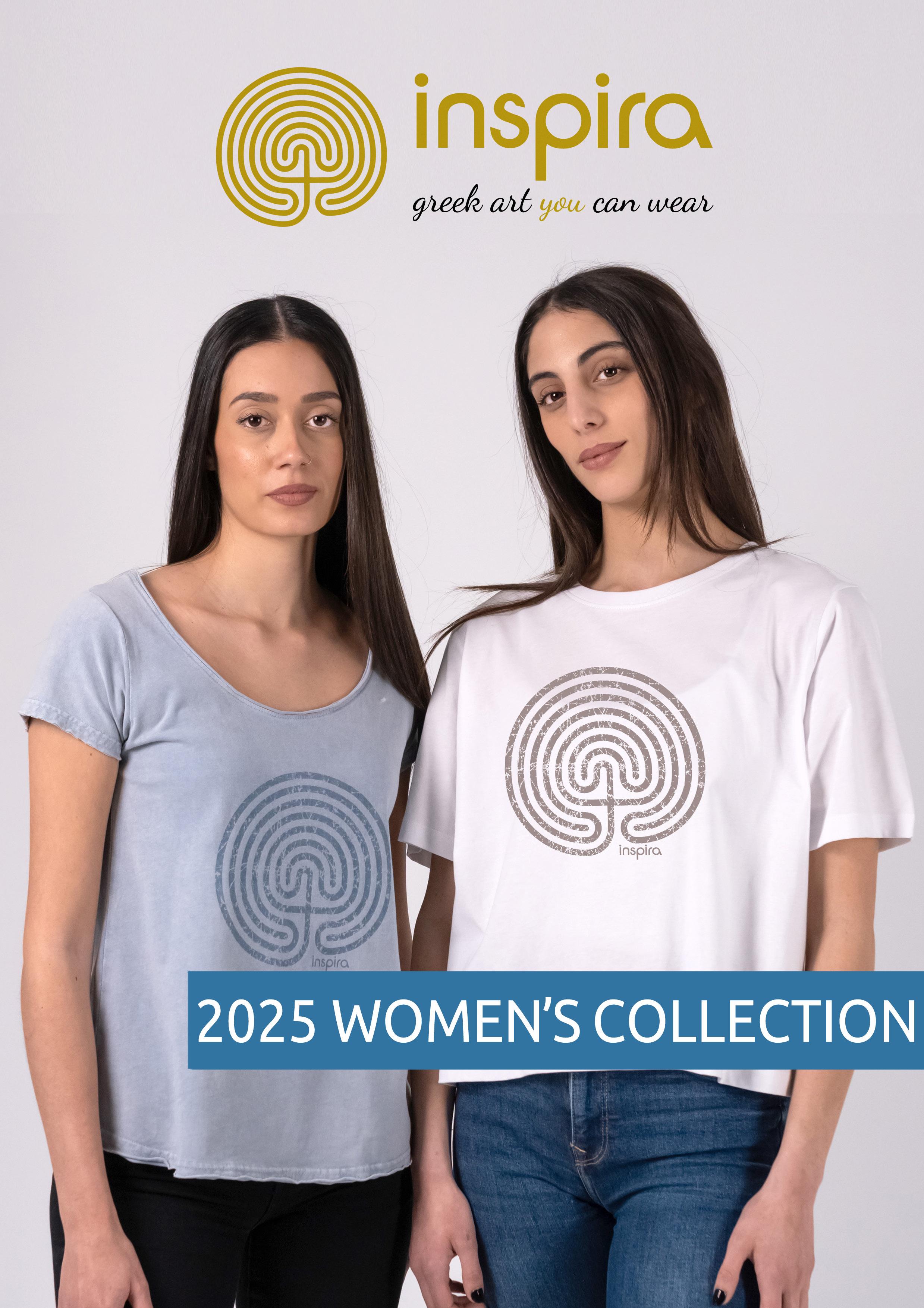
WOMEN’S AppA r EL
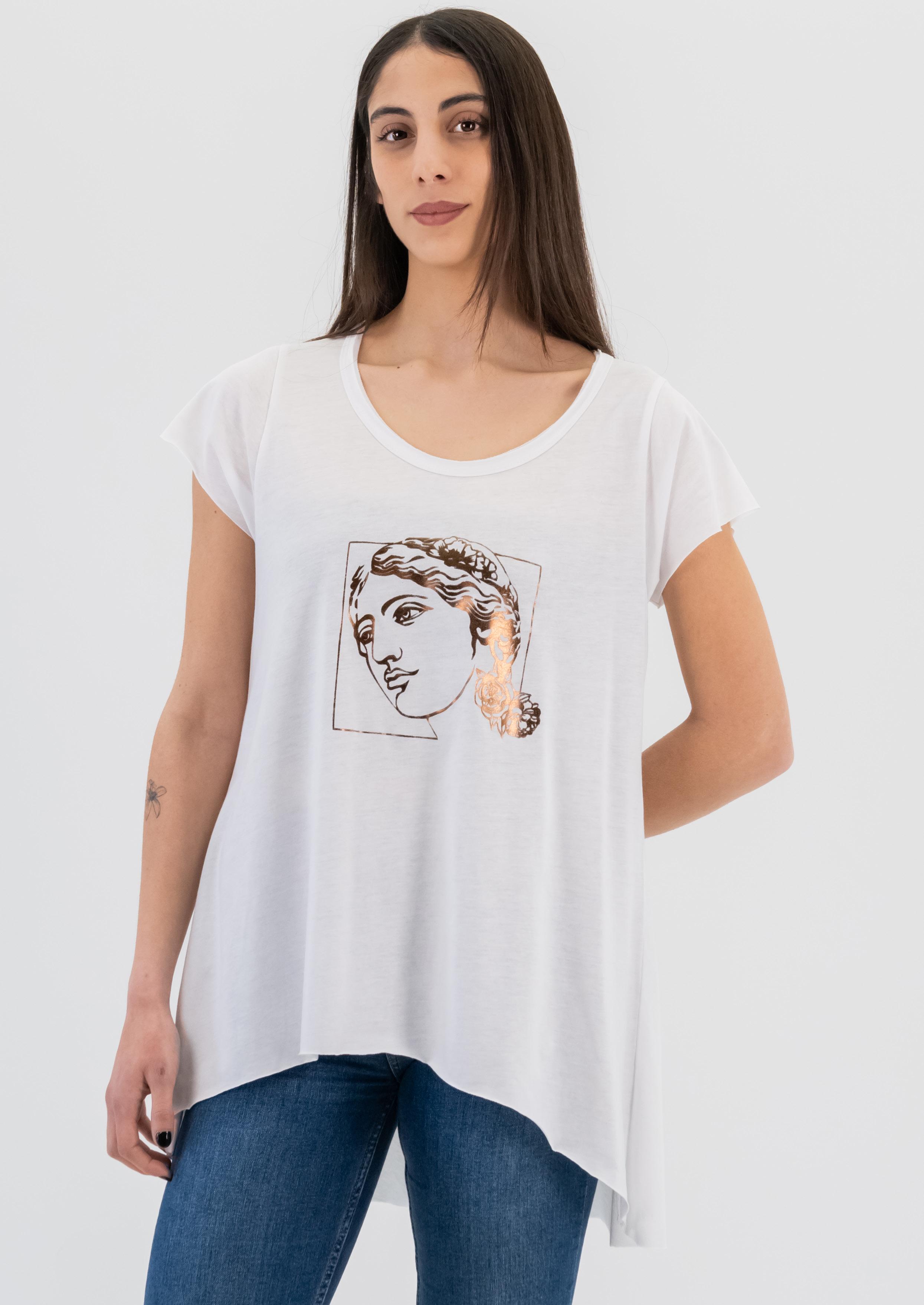





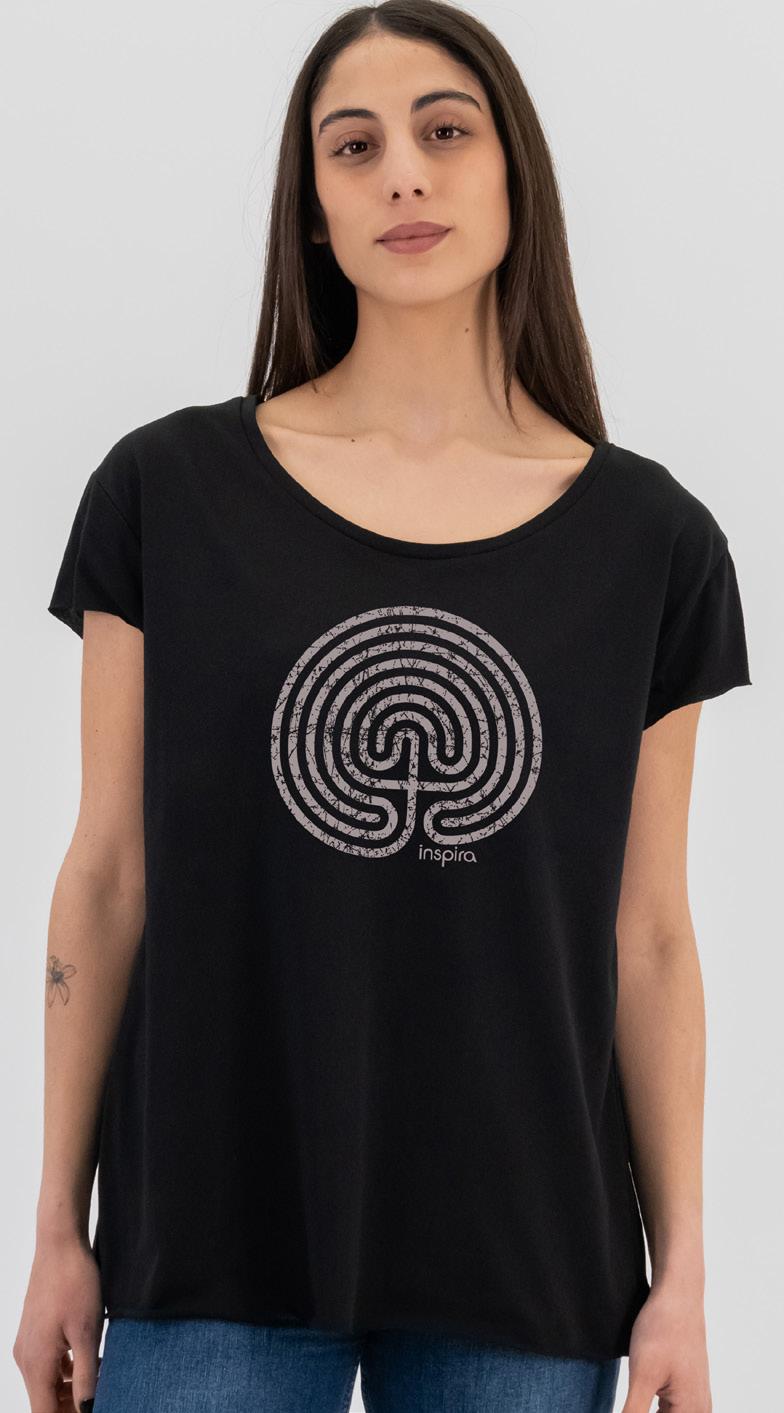



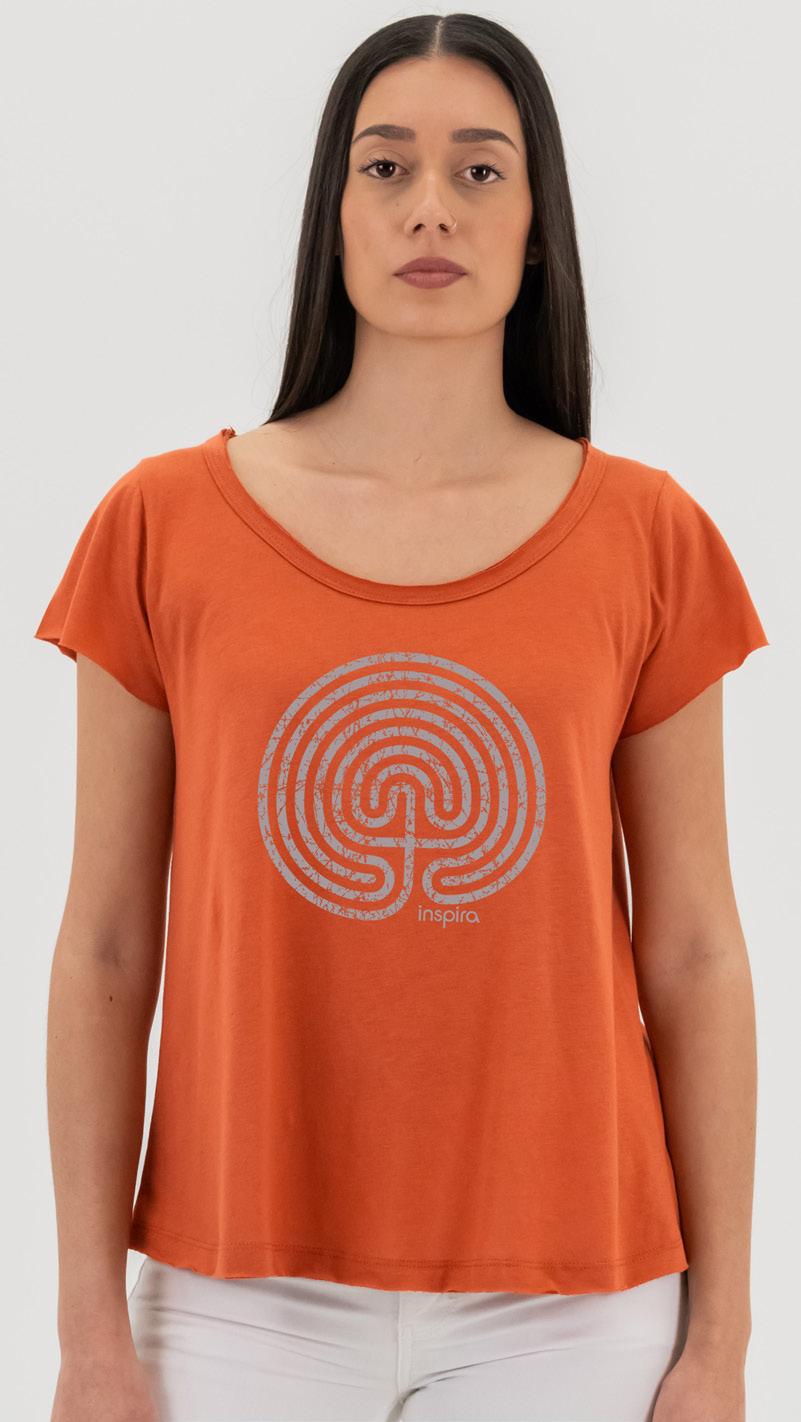



The only true journey is the journey inside. Pattern inspired by ancient tetradrachm coin depicting the Minoan Labyrinth. Knossos, 300 BC. Firebri
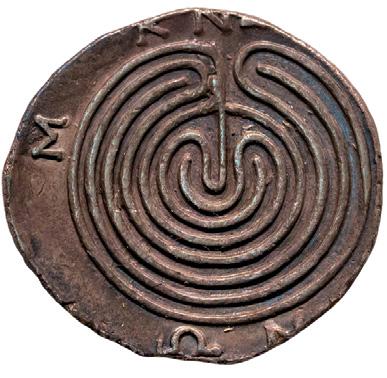
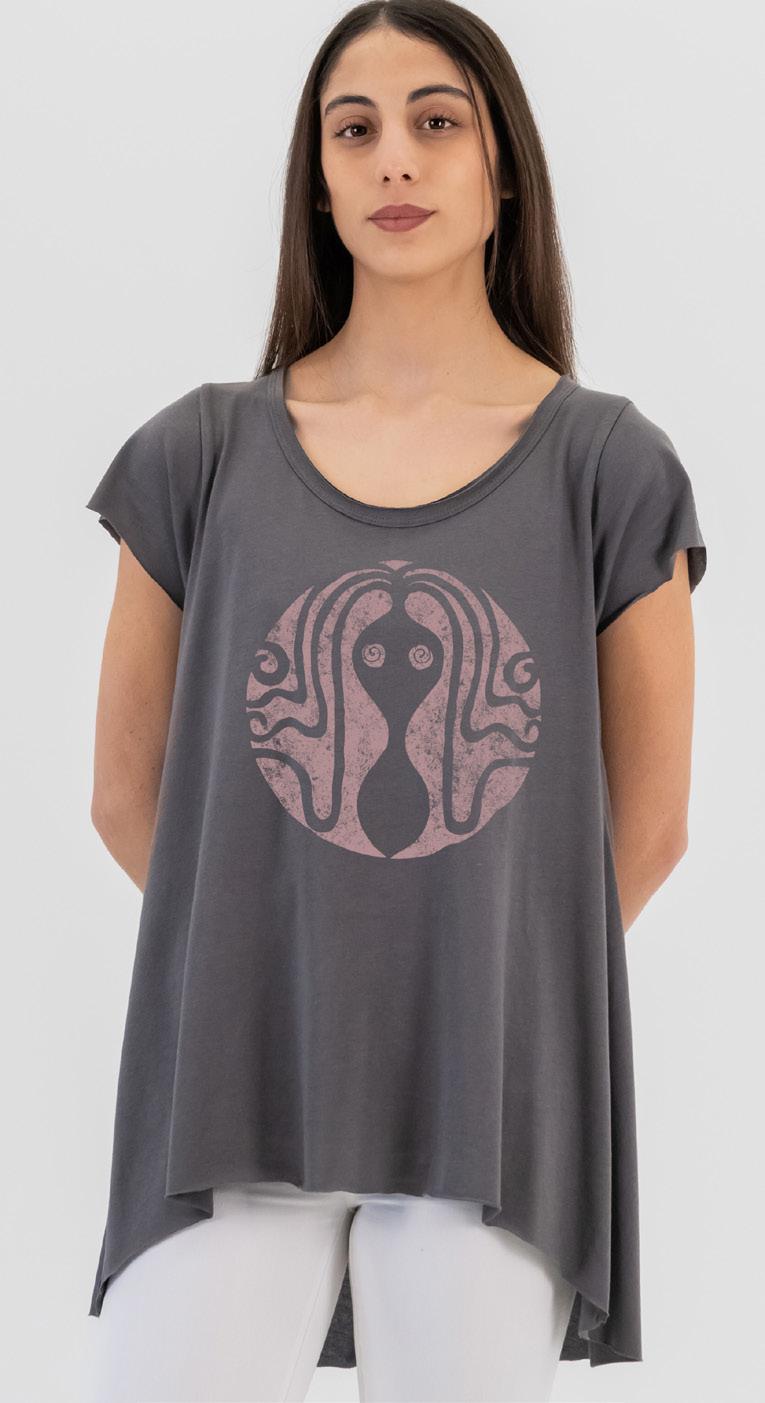
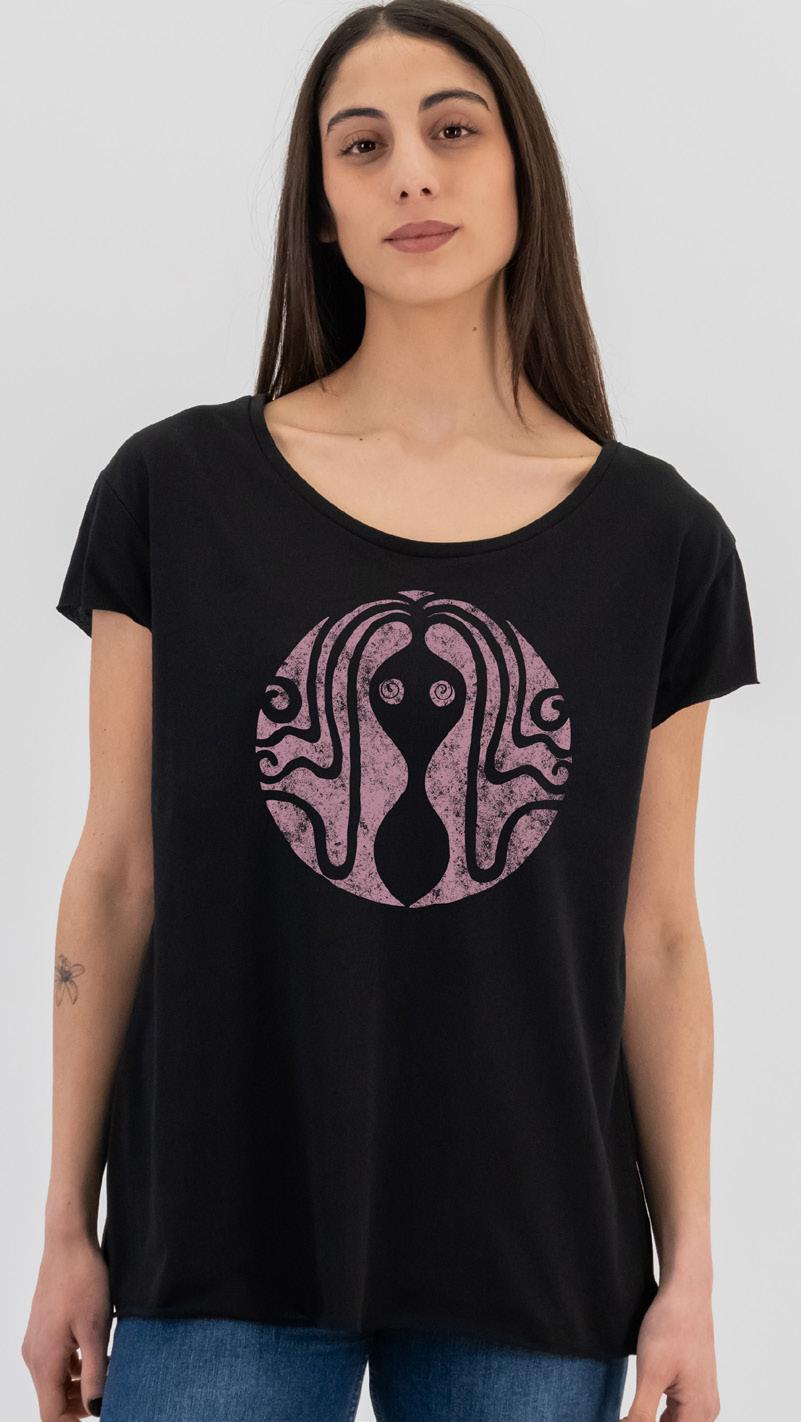

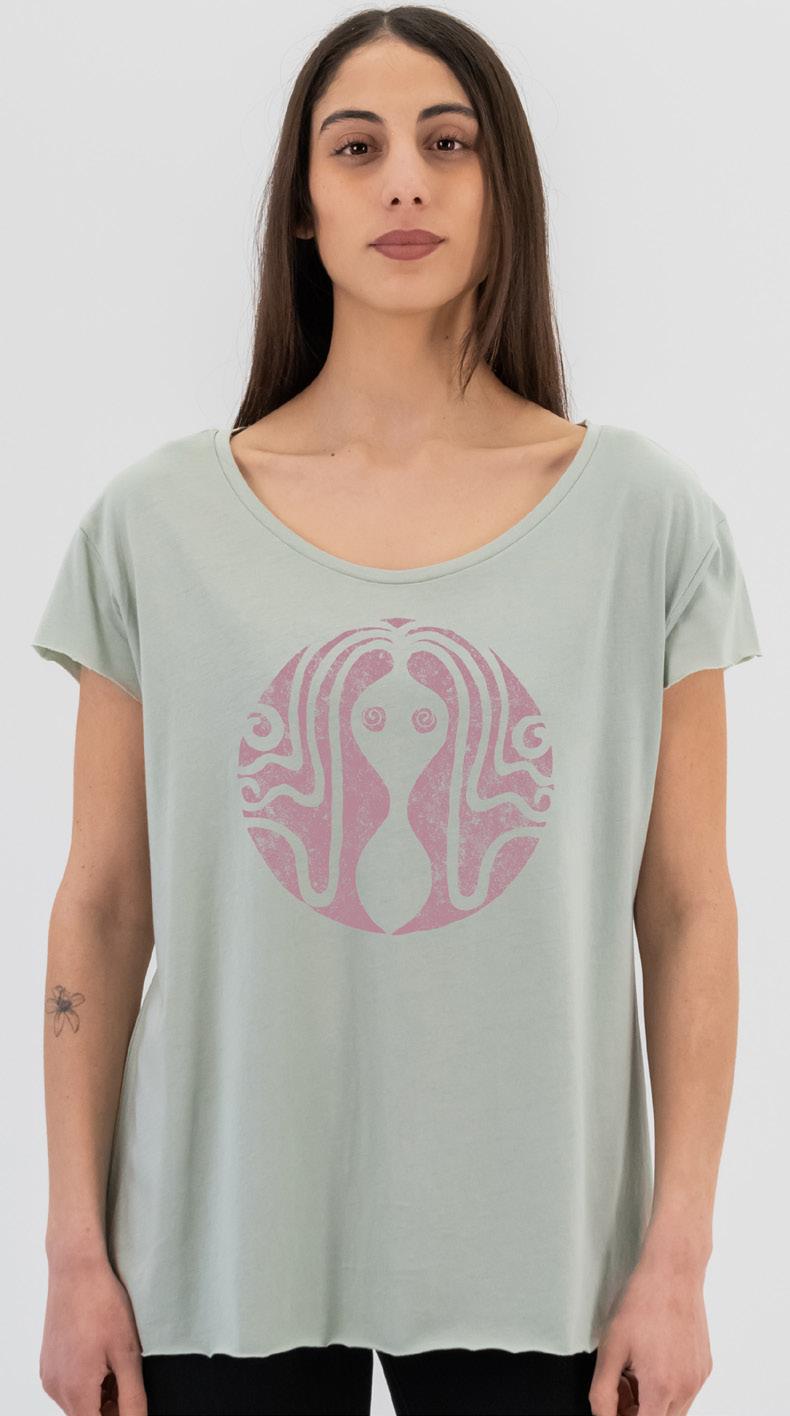
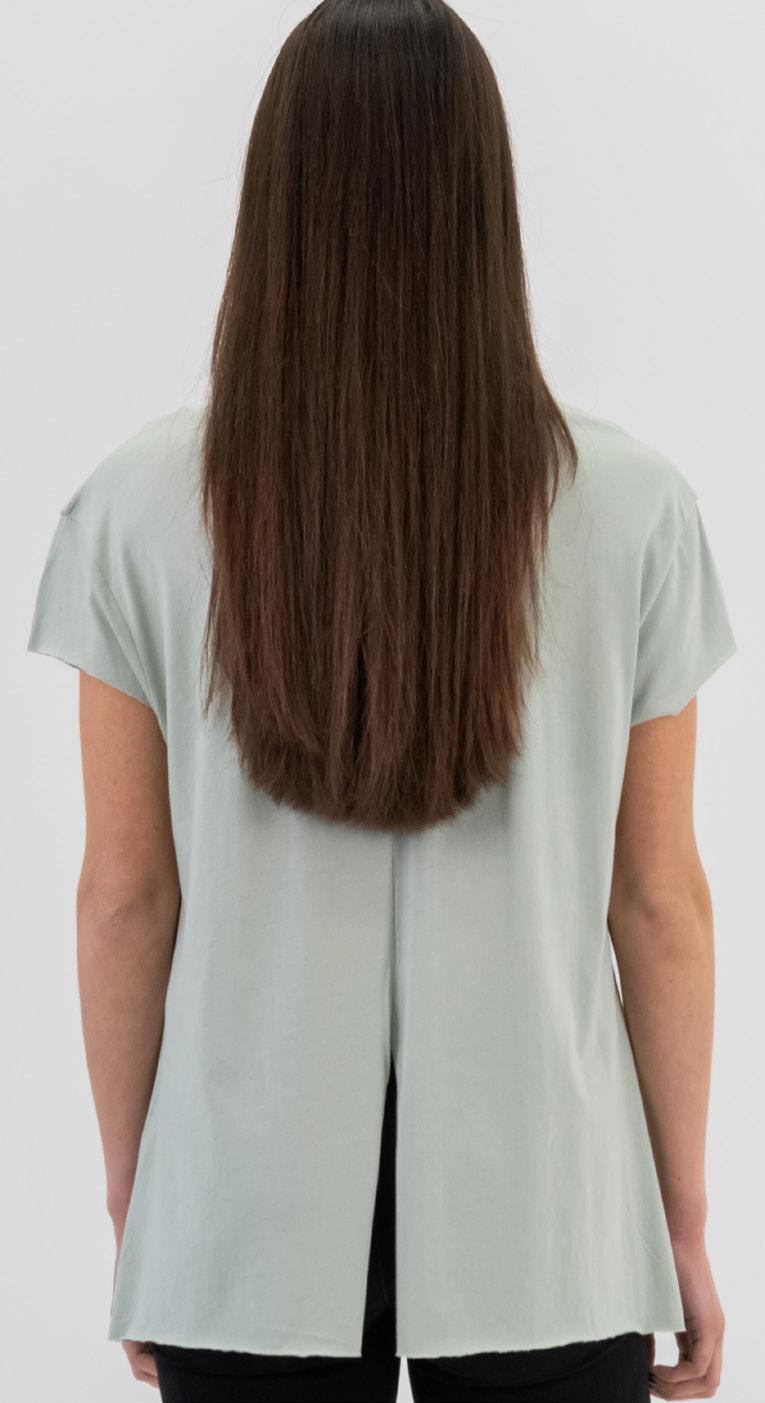
U-Ne

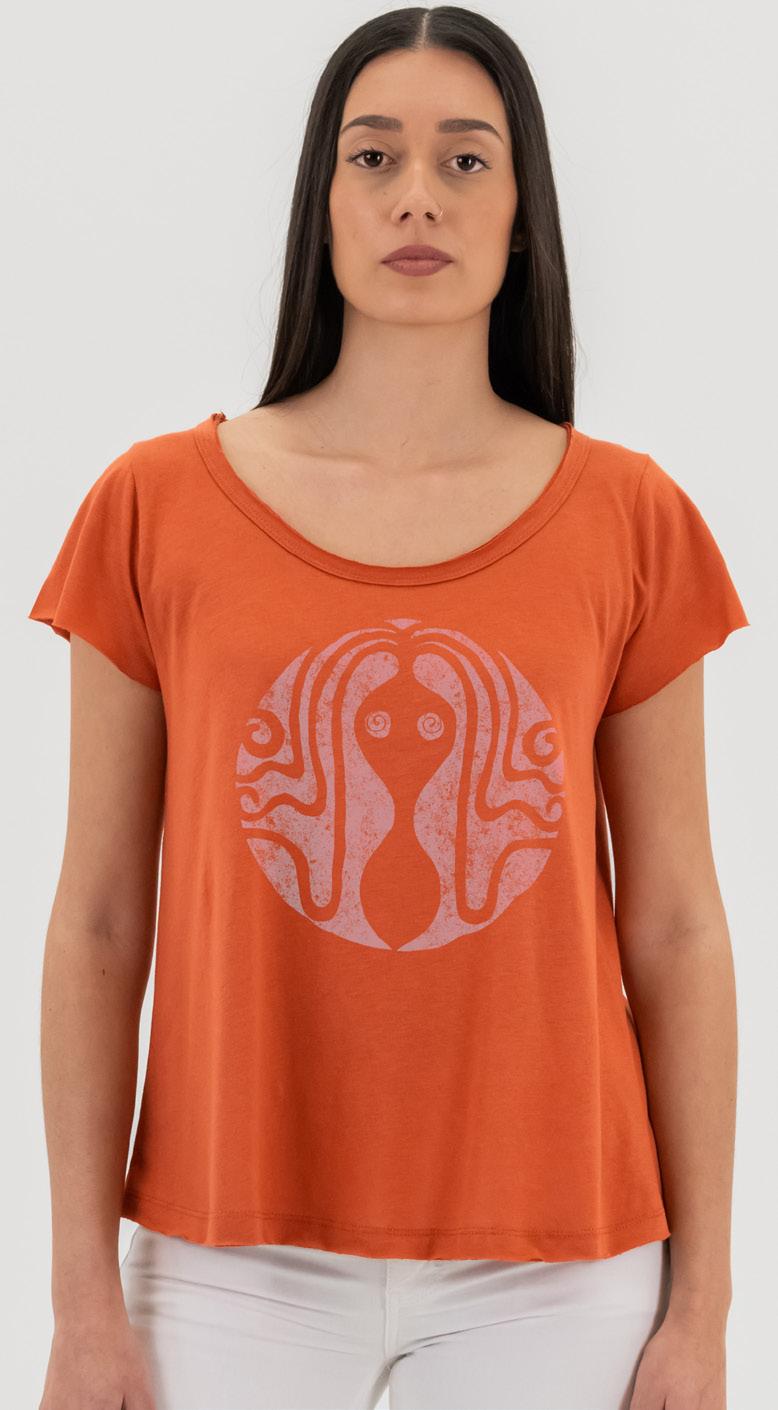




The Supreme Intelligence of Nature in every living being. Pattern inspired by amphora. Crete, 1500 BC.
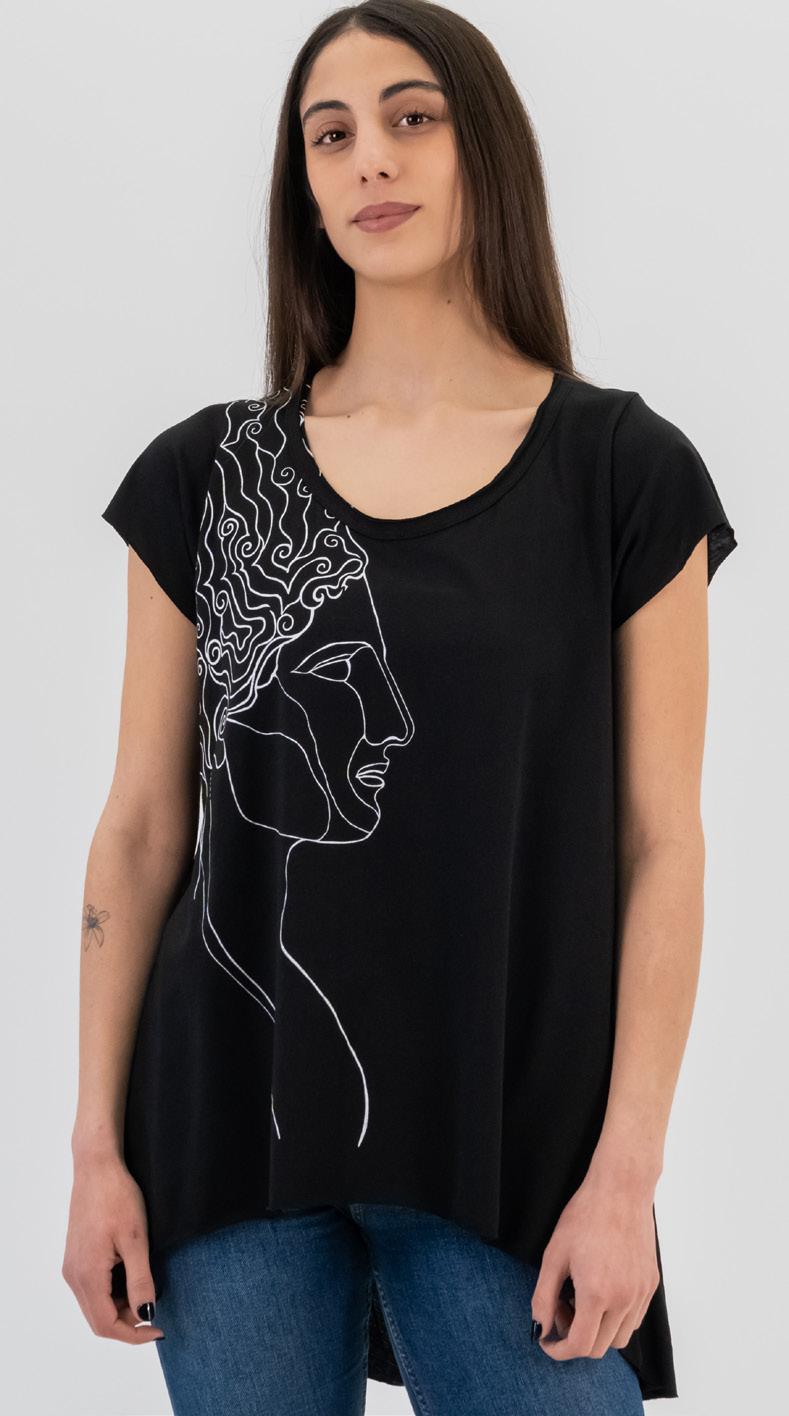









An intellect formed by the harmonious mix of proportion, order, symmetry and equilibrium clearly experiences the beauty of cosmos and aspires to express its goodness back to it. A pattern inspired by the Peplos Kore, c.530 BC, the Acropolis Museum.
C h A r COAL G rey

L i G h T G ree N
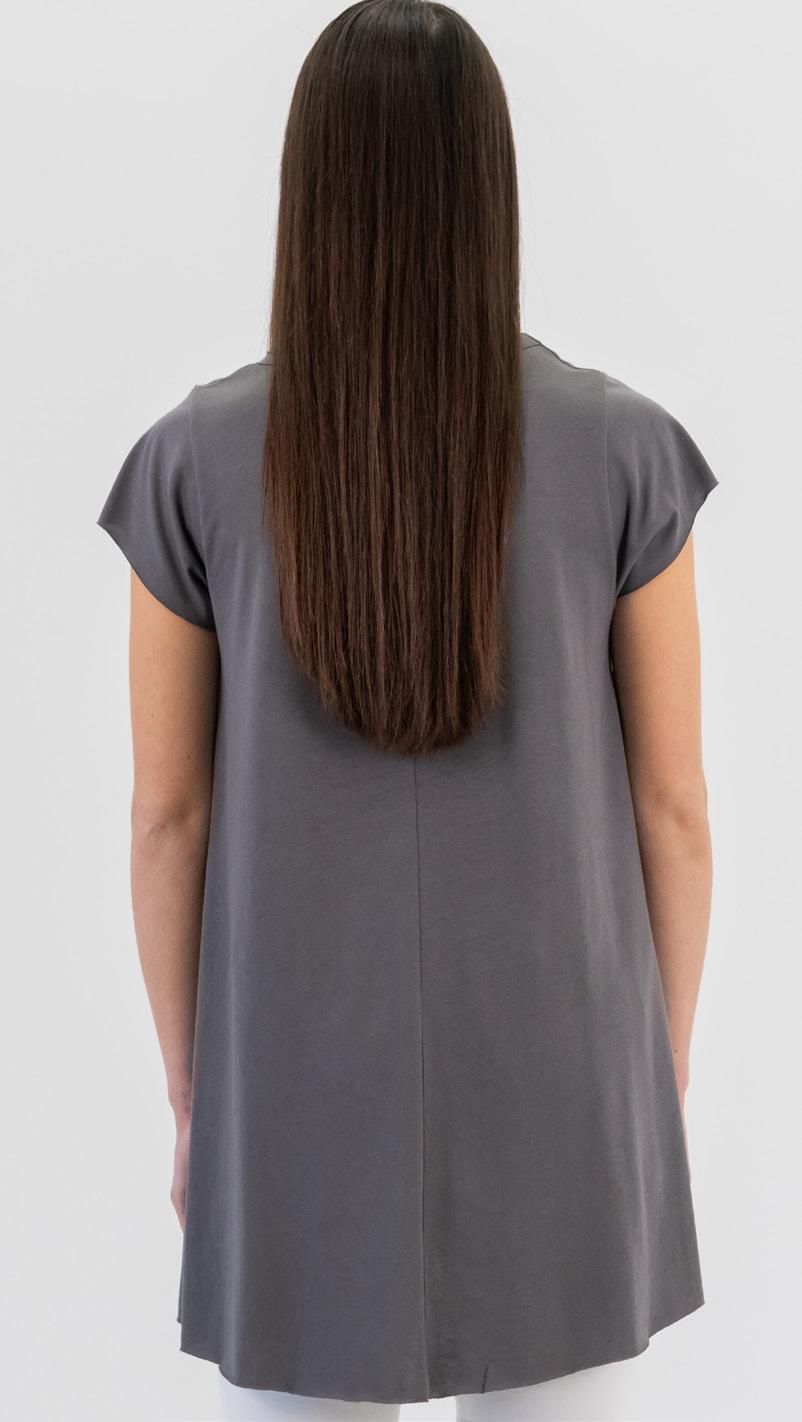
bACk-SLiT TOp : ONe Size
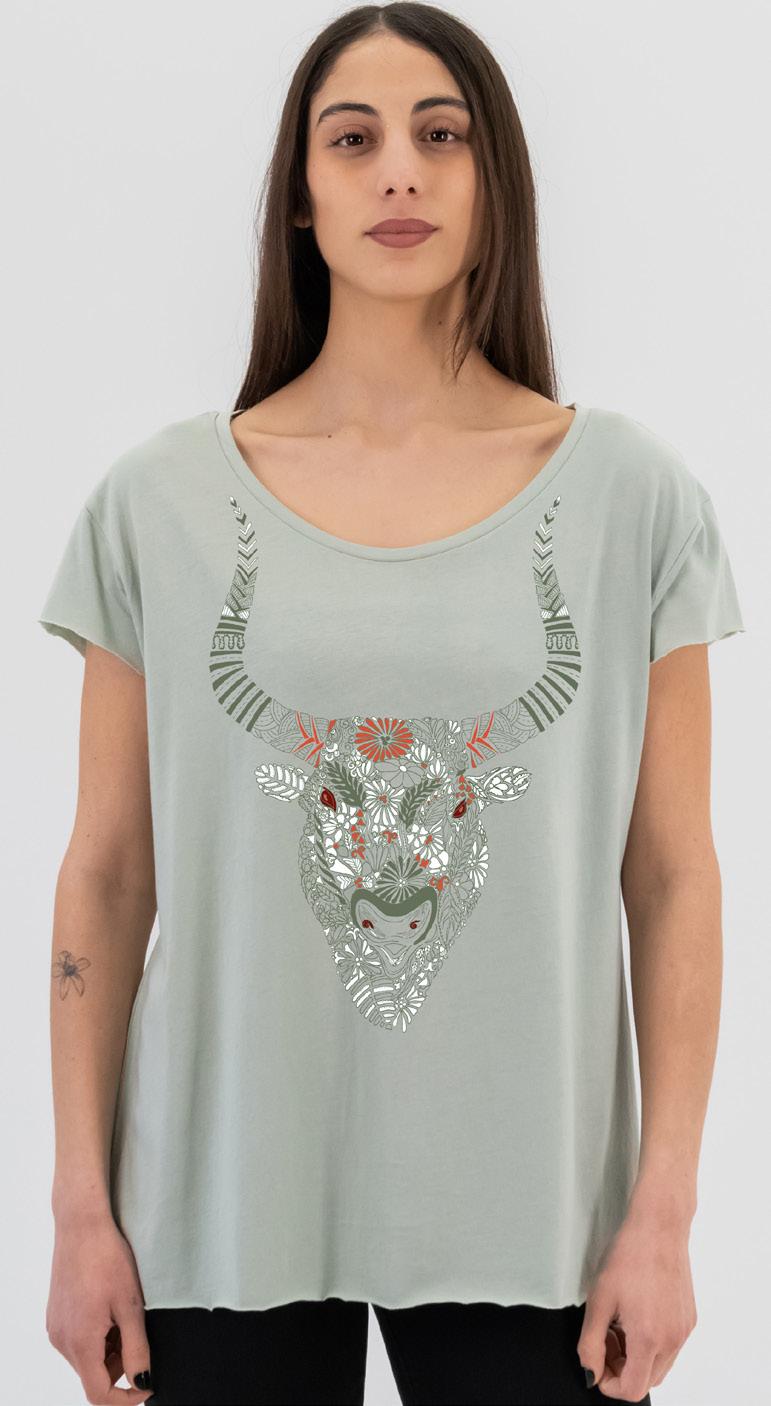






Nature’s endless unfolding of inherent potential. Pattern inspired by the emblematic bullhead shaped ceremonial pot. Knossos 1600-1500 BC.




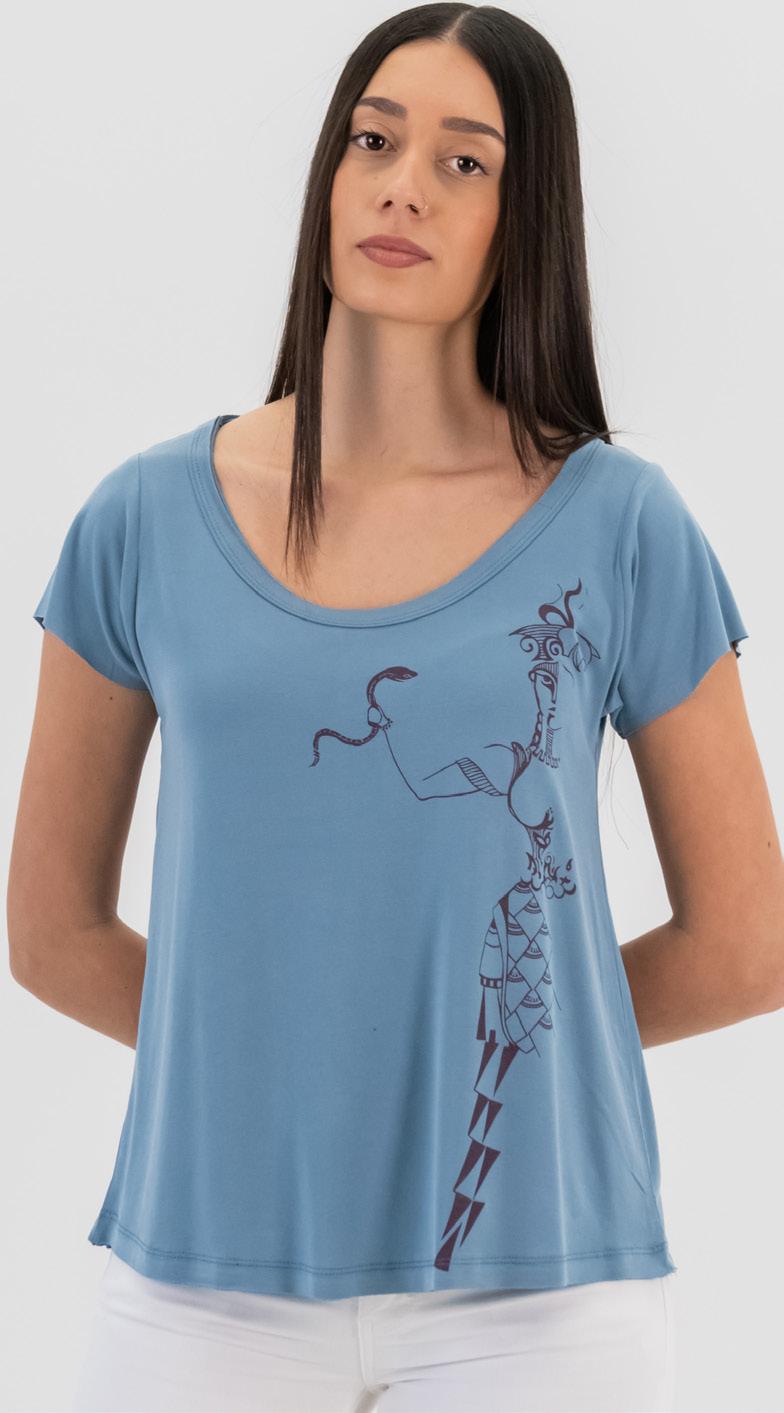





The mysterious Minoan Snake Goddess holds the secret of eternal rebirth.
Pattern inspired by the graceful figurine excavated at Knossos, c. 1700–1450 BC.
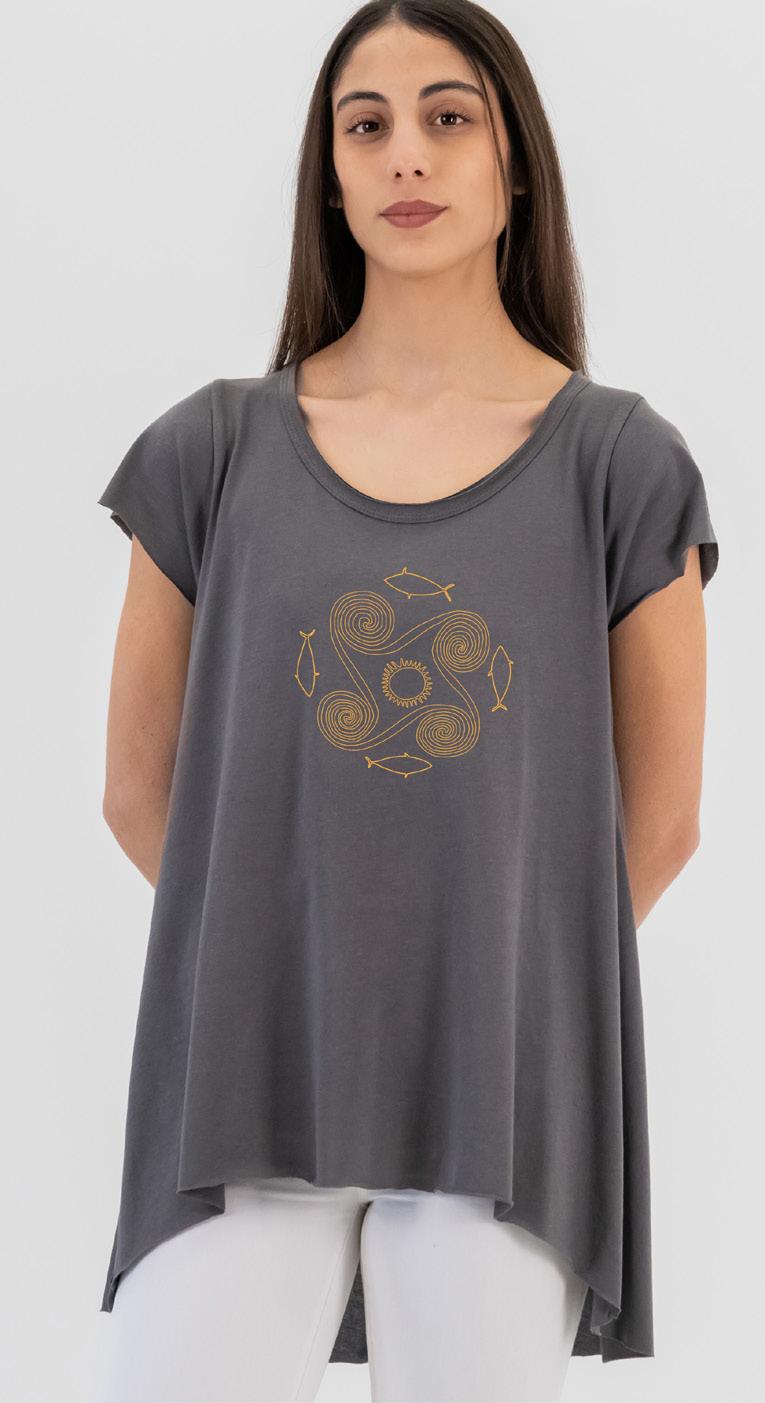

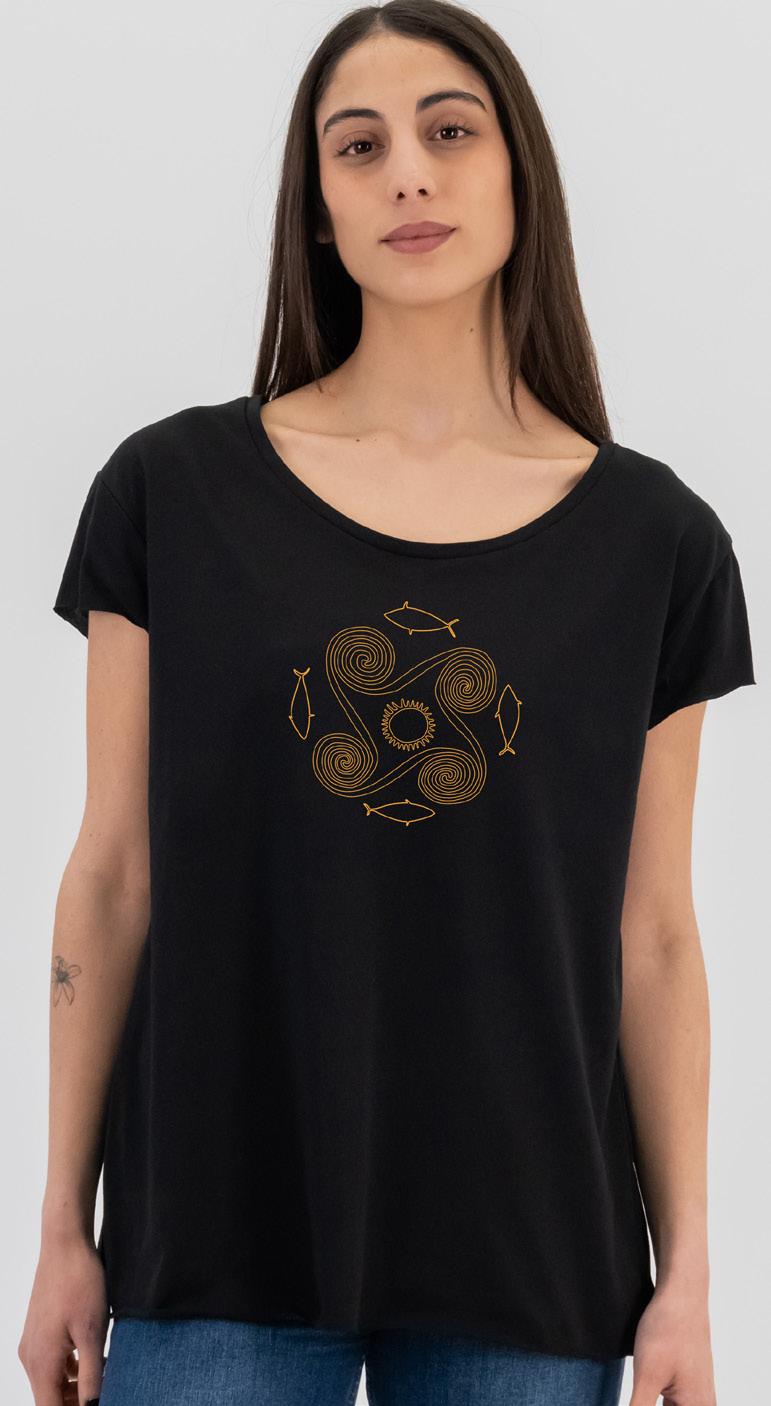




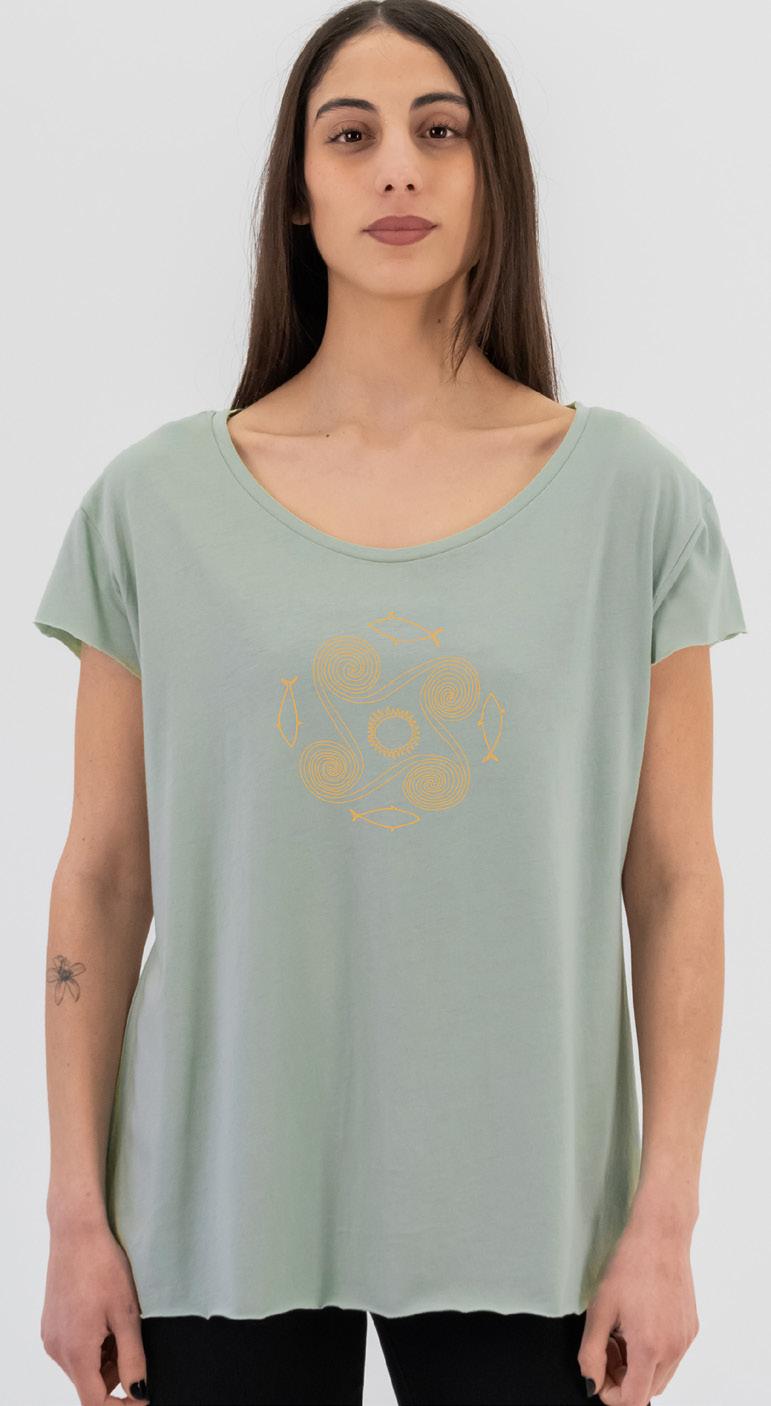


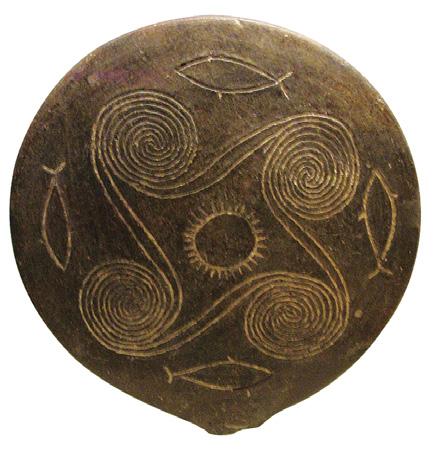
Intertwined spirals under the burning sun symbolize the evolving journey of life. Pattern inspired by frying pan, Early Cycladic, 2700 BC.



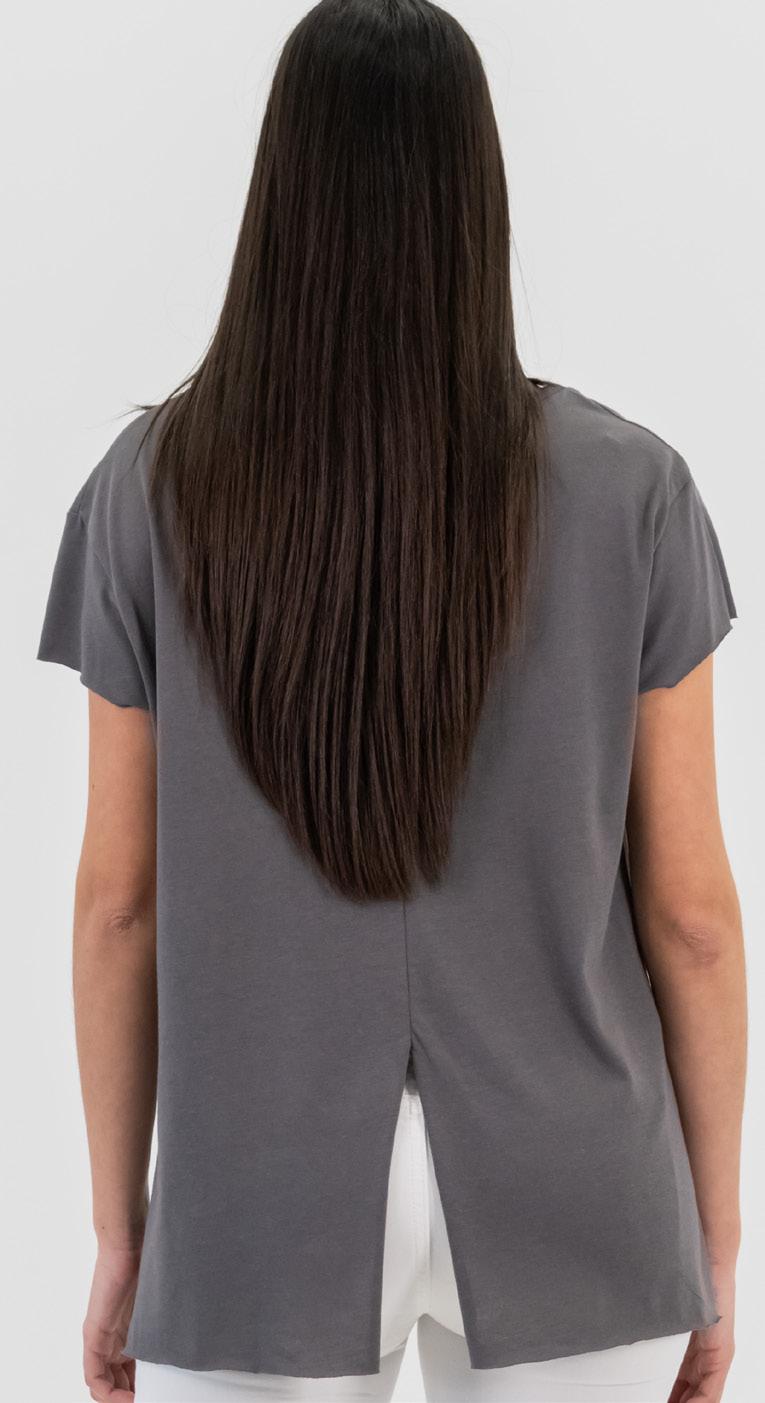






There have been olive trees here for thousands of years. They grow under all conditions and provide us with their precious fruits and oil. A pattern inspired by the Knossos Palace Olive Tree fresco. Archeological Museum of Heraklion, 1600-1450 BC. The Linear A ideogram for an olive tree hides in the trunk.






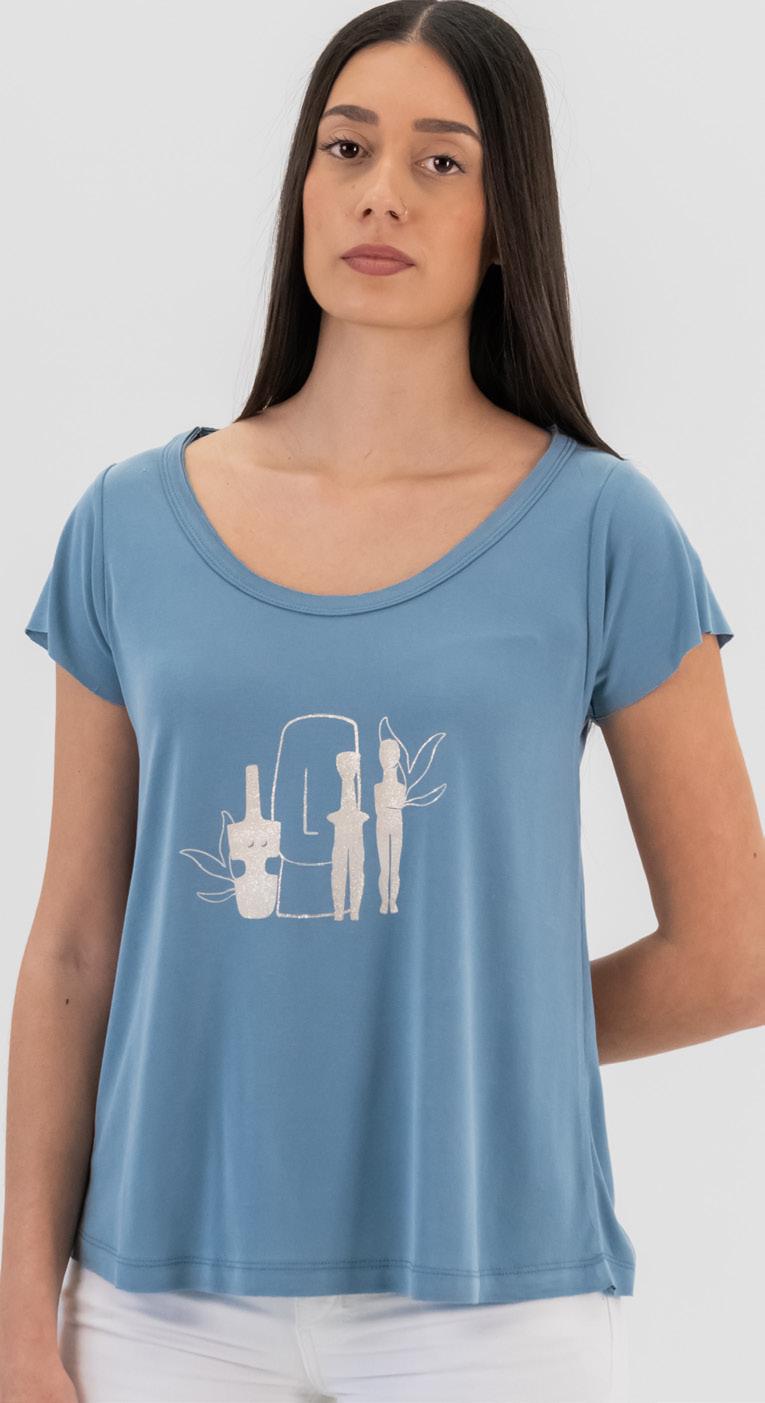





The simple and pure lines of the Cycladic figurines, evoke a sense of timeless beauty and an almost mystical connection to the Aegean’s ethereal light.
The patterns come from statuettes created on various Aegean islands between 3200 and 2000 BC.

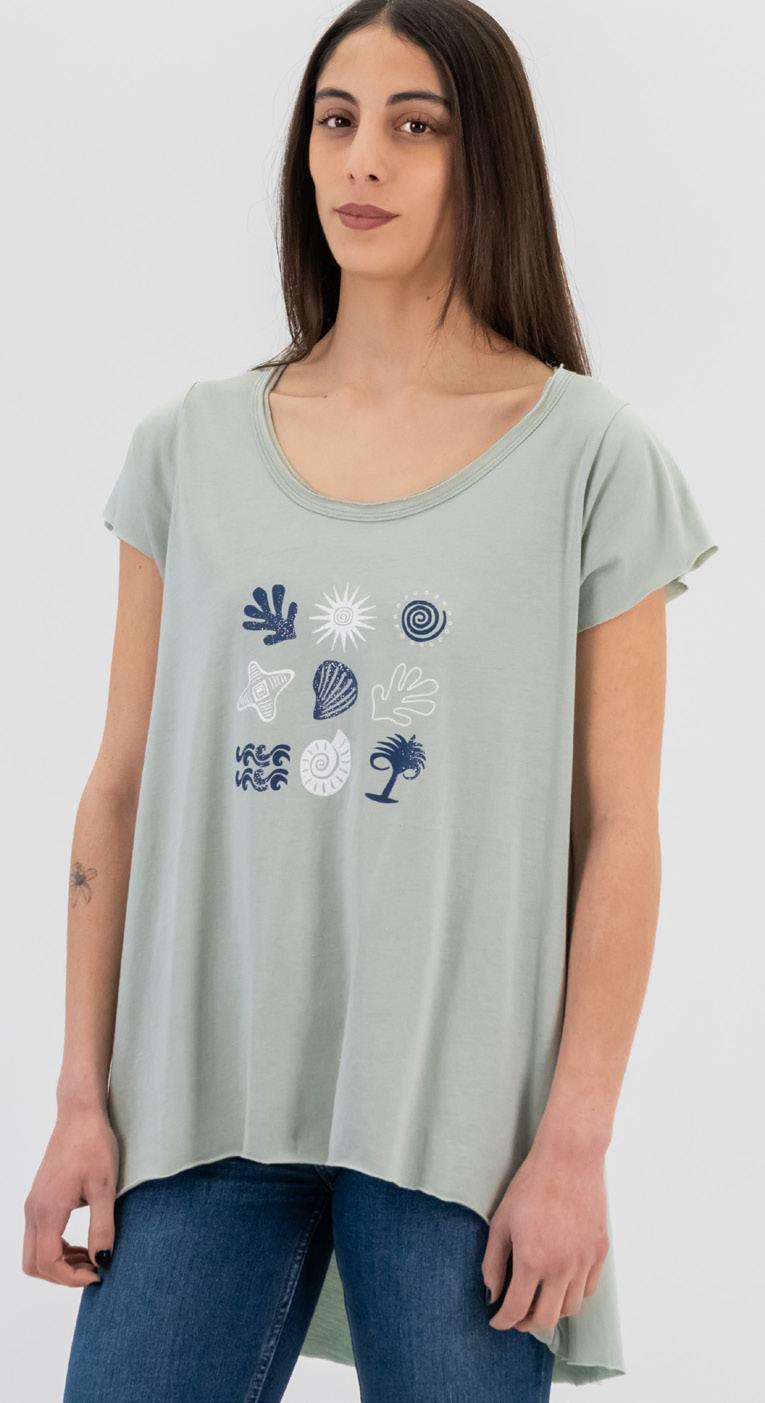



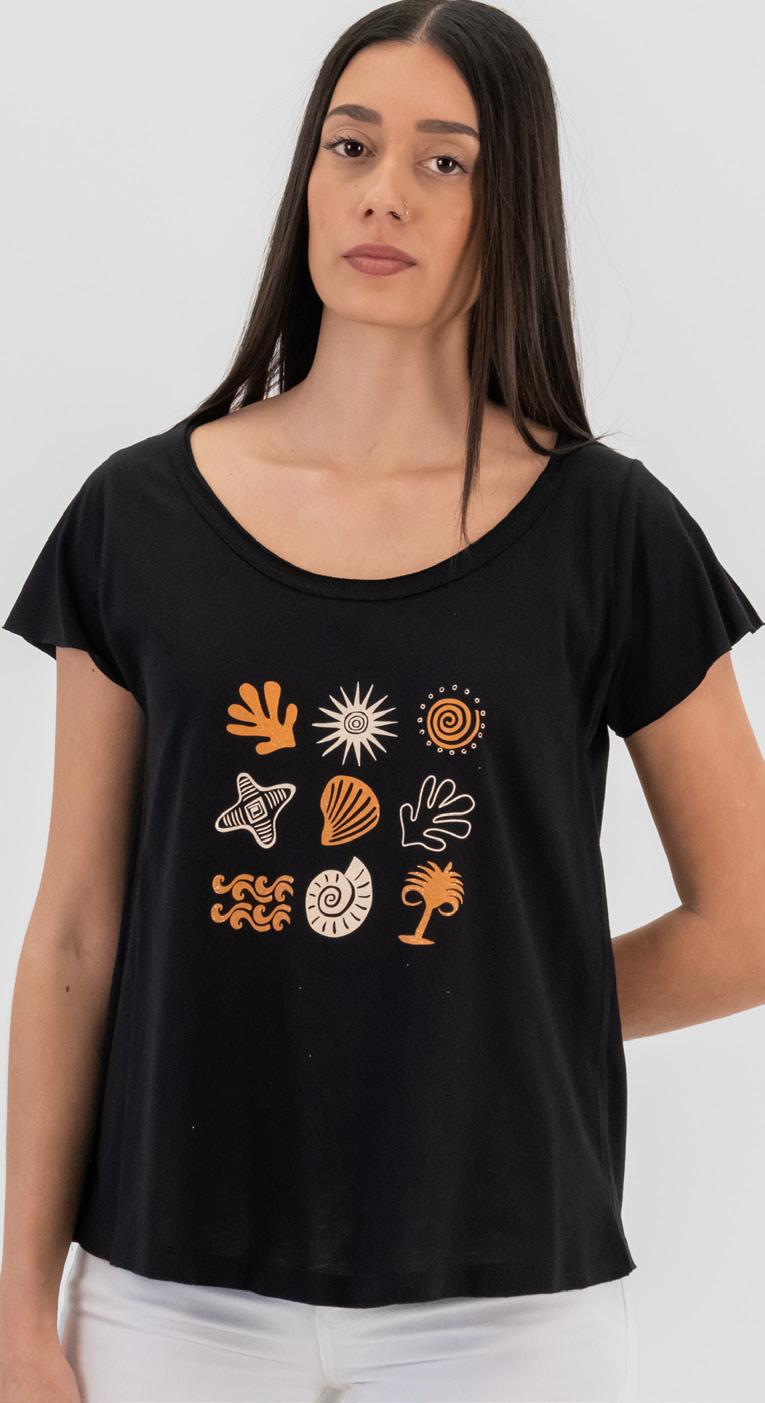



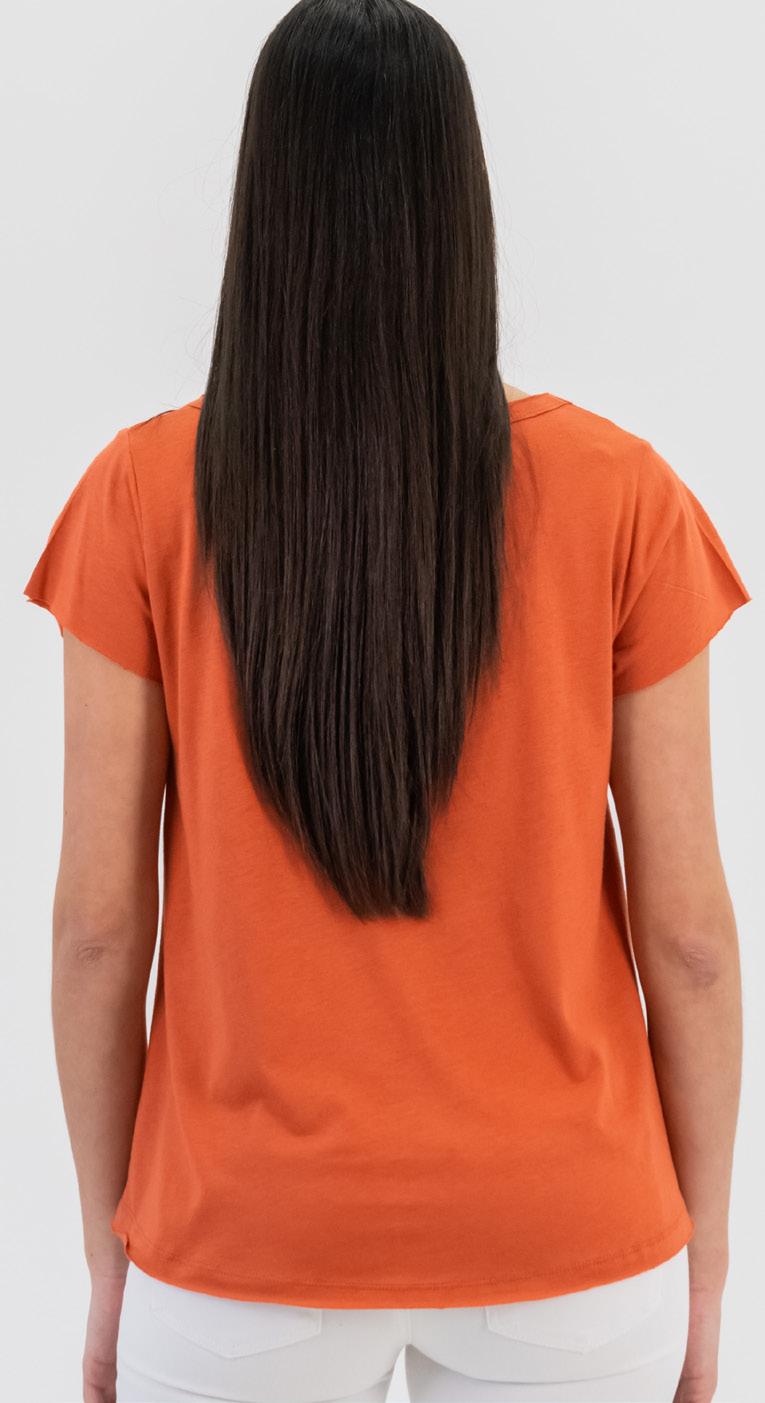

Nine beautiful patterns from Minoan pottery converge, highlighting the connection with nature that is essential to the Minoan world. The patterns come from three vessels that originate from three successive periods of Minoan history, ranging from 2000 to 1450 BC.


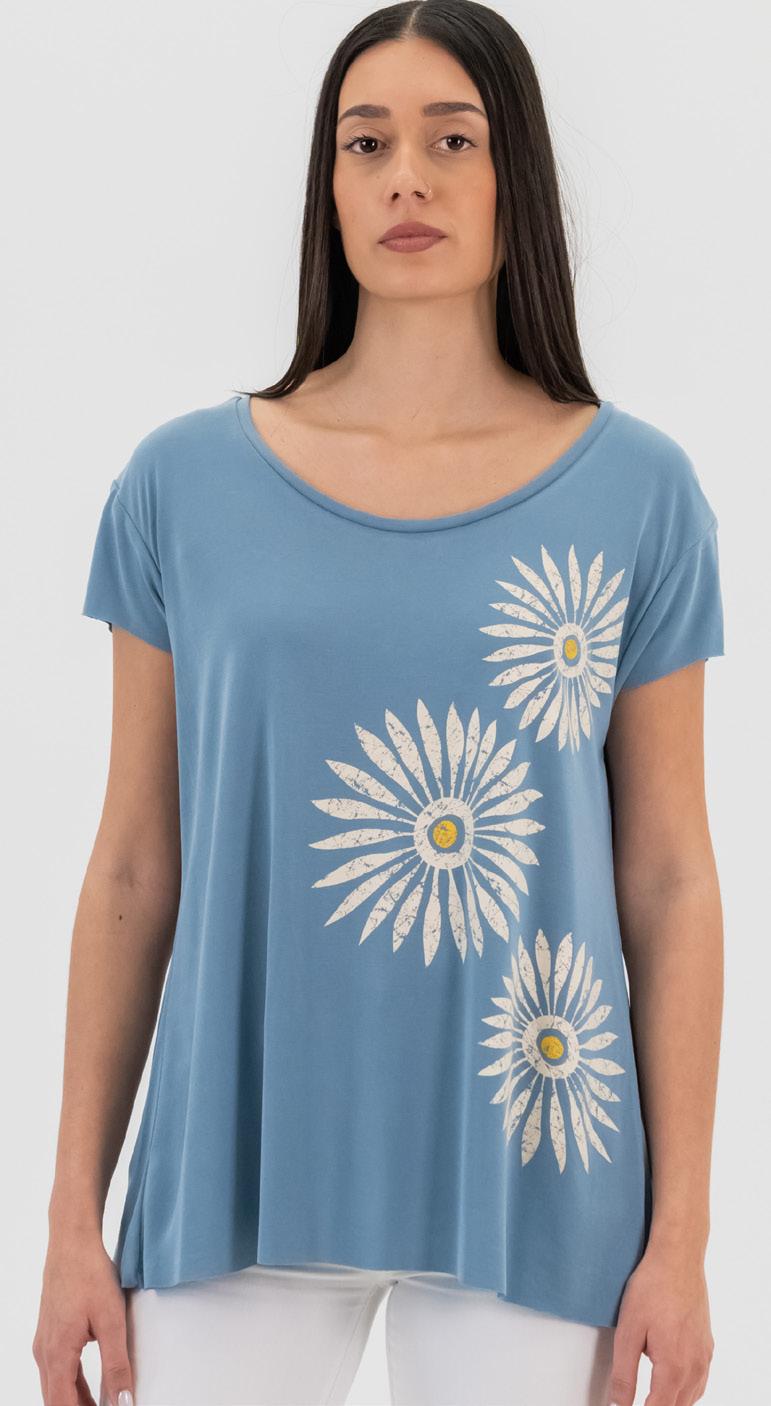

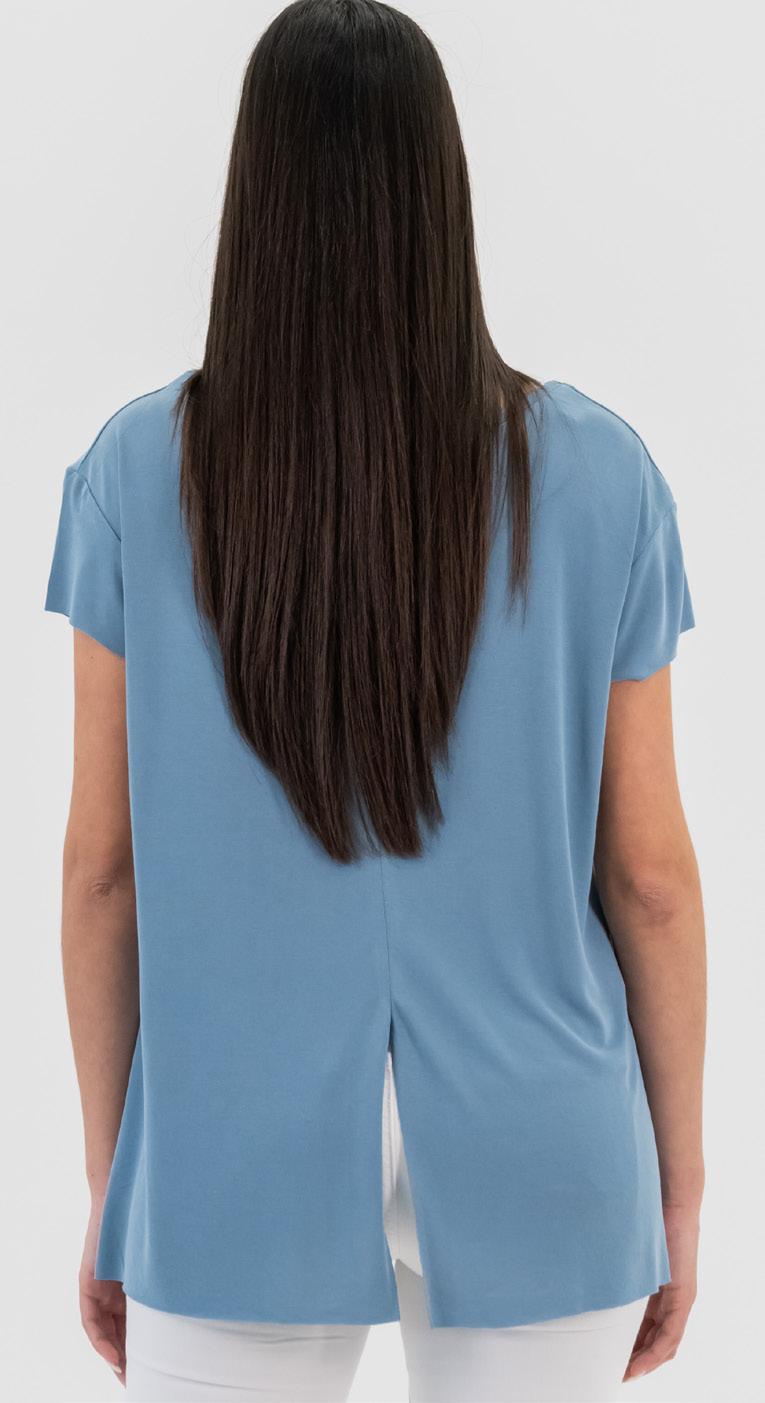

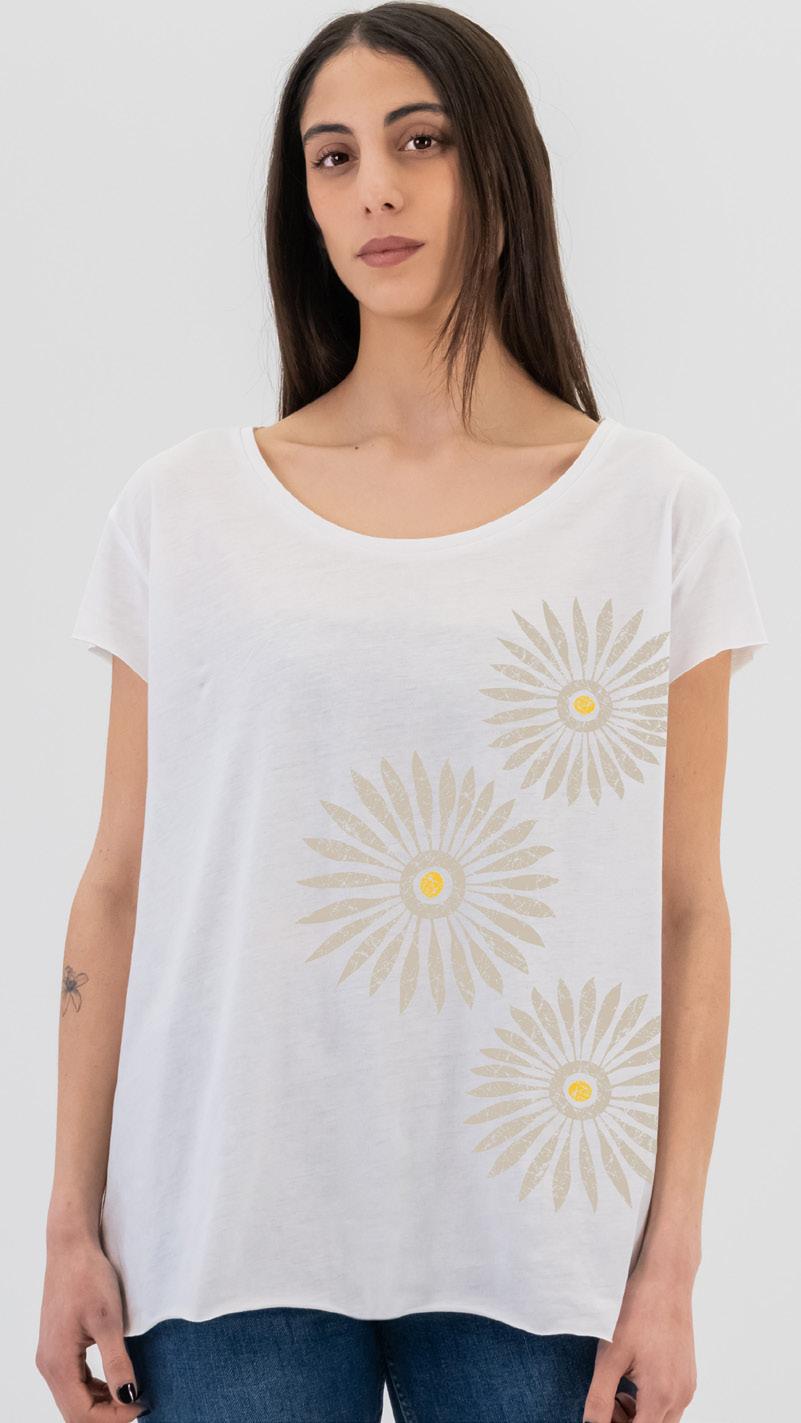


Beauty and femininity radiate from the inside out. Pattern inspired by a Kamares style ewer decorated with a rosette. Phaistos,1800-1700 BC.





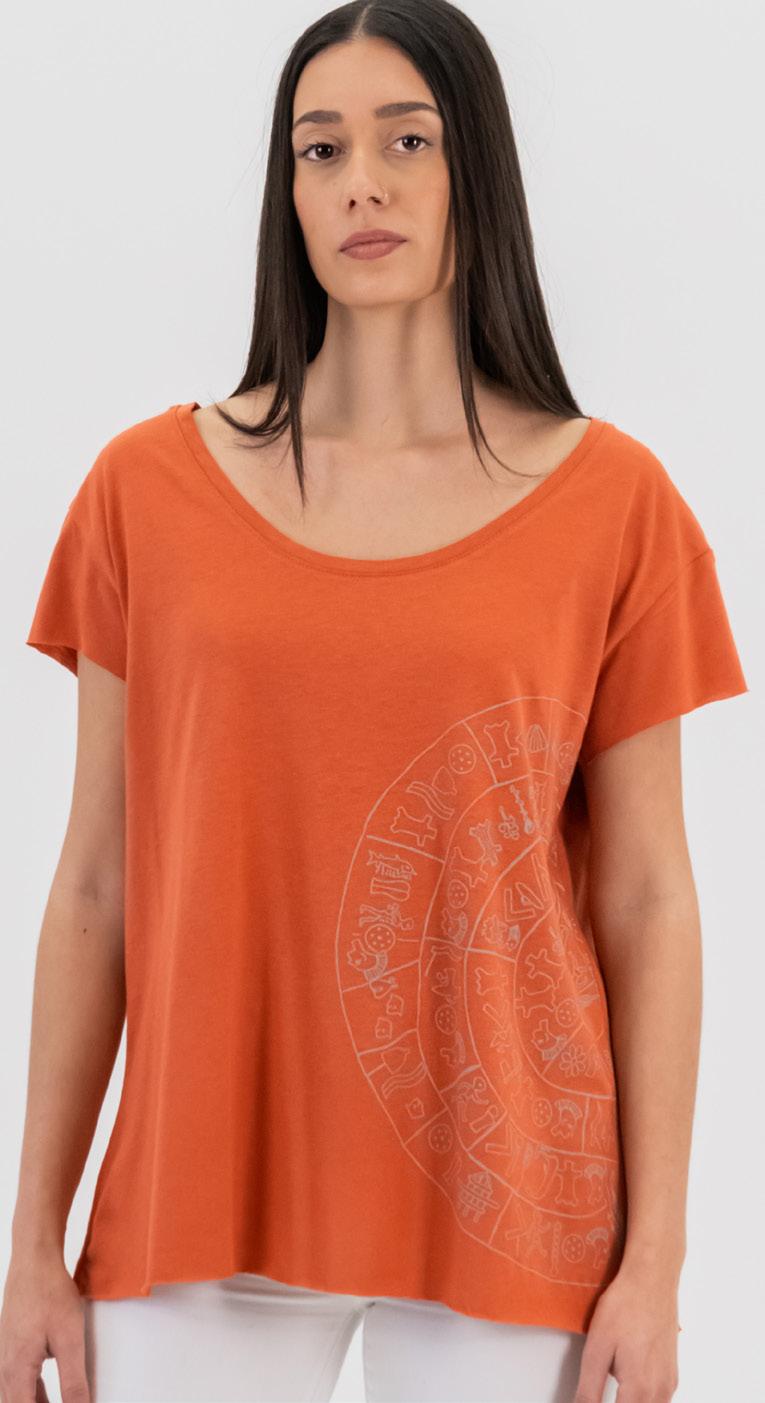


The Phaistos Disc inscription is a mystery to be solved. The urge for communication and discovery, though, is the pillar of human civilization. Phaistos 1850-1600 BC.

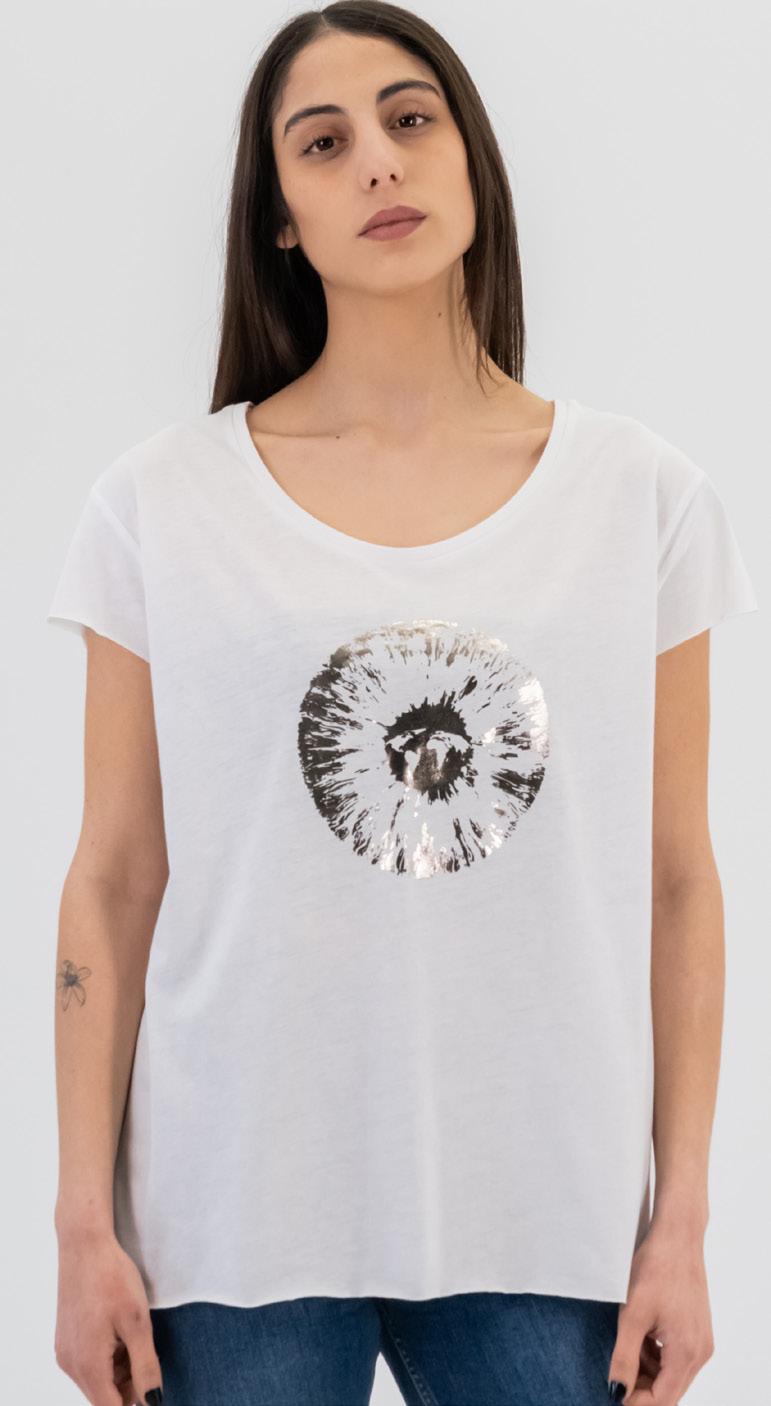
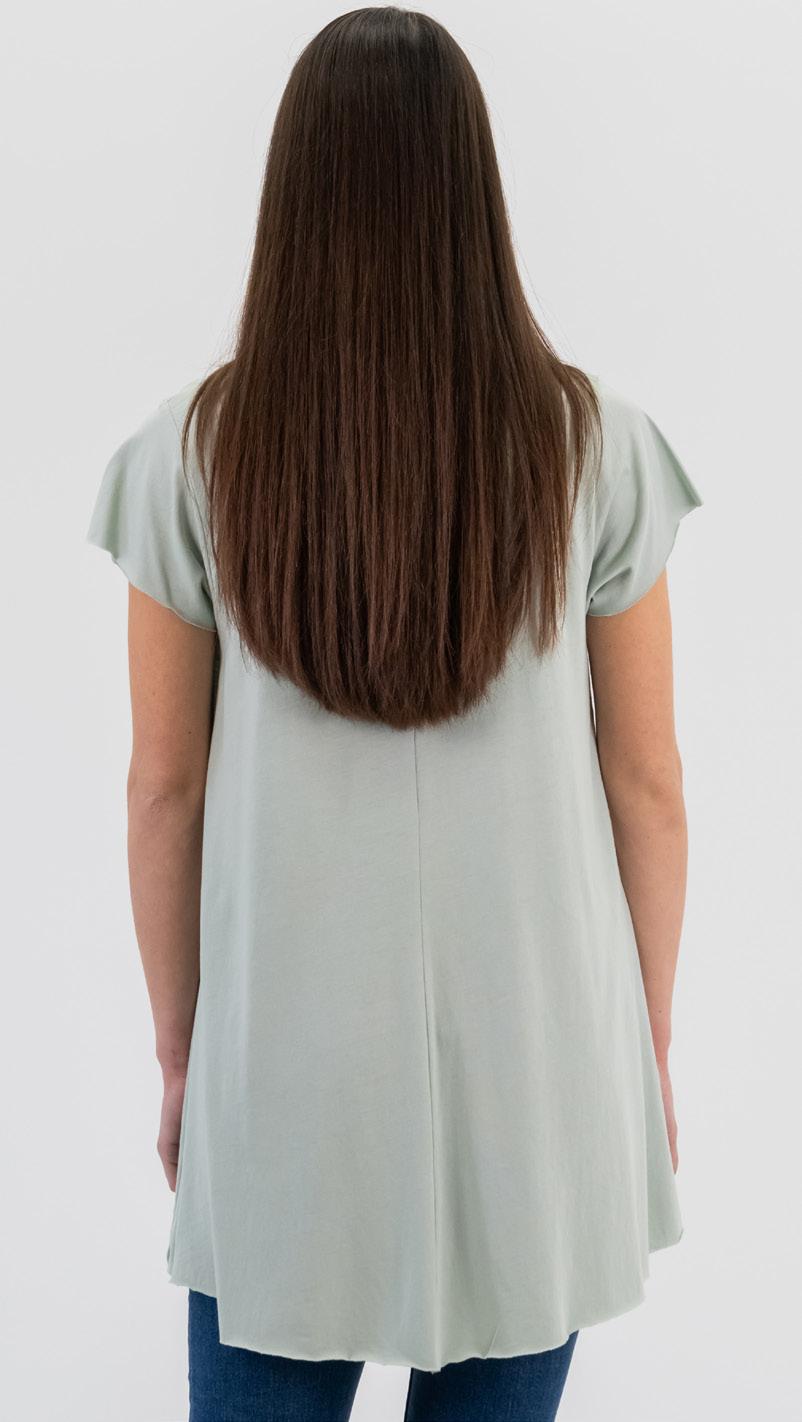

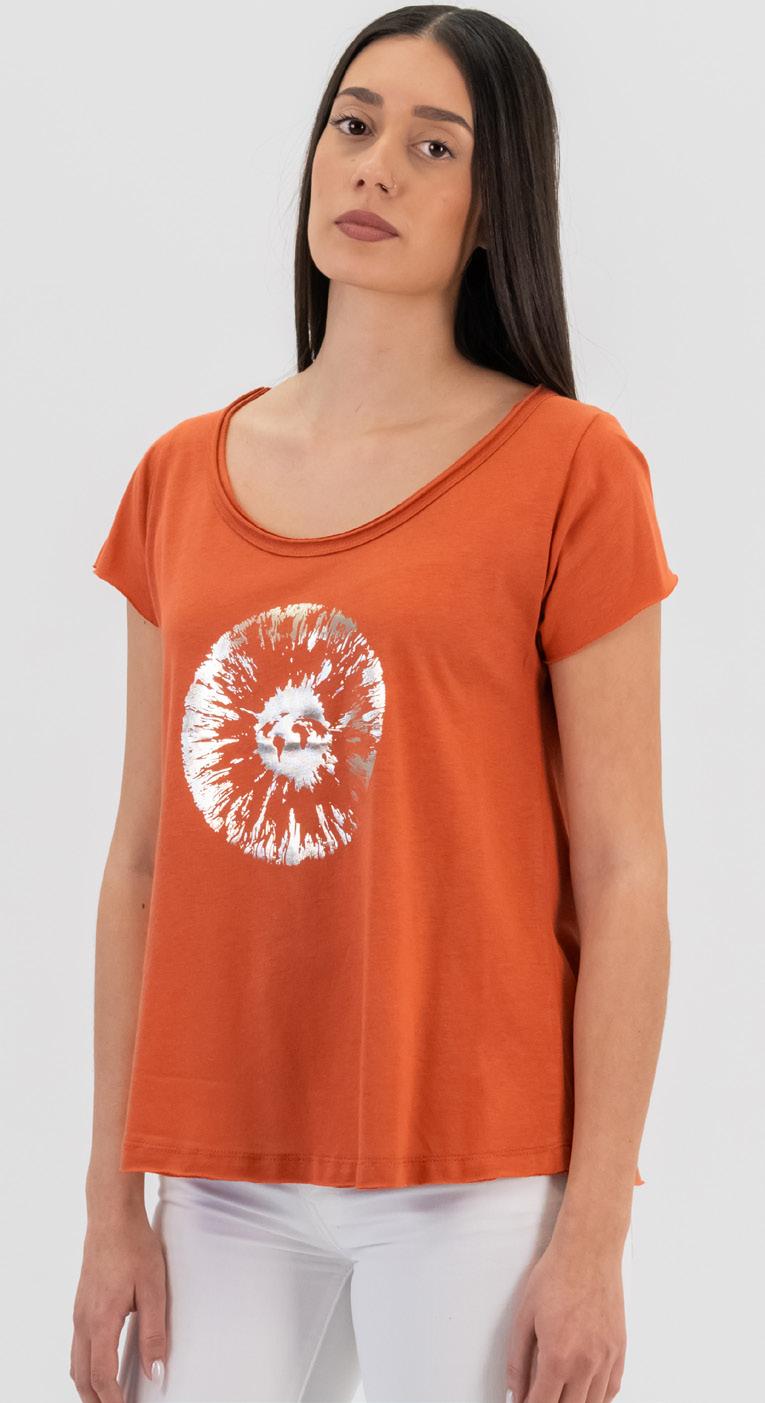
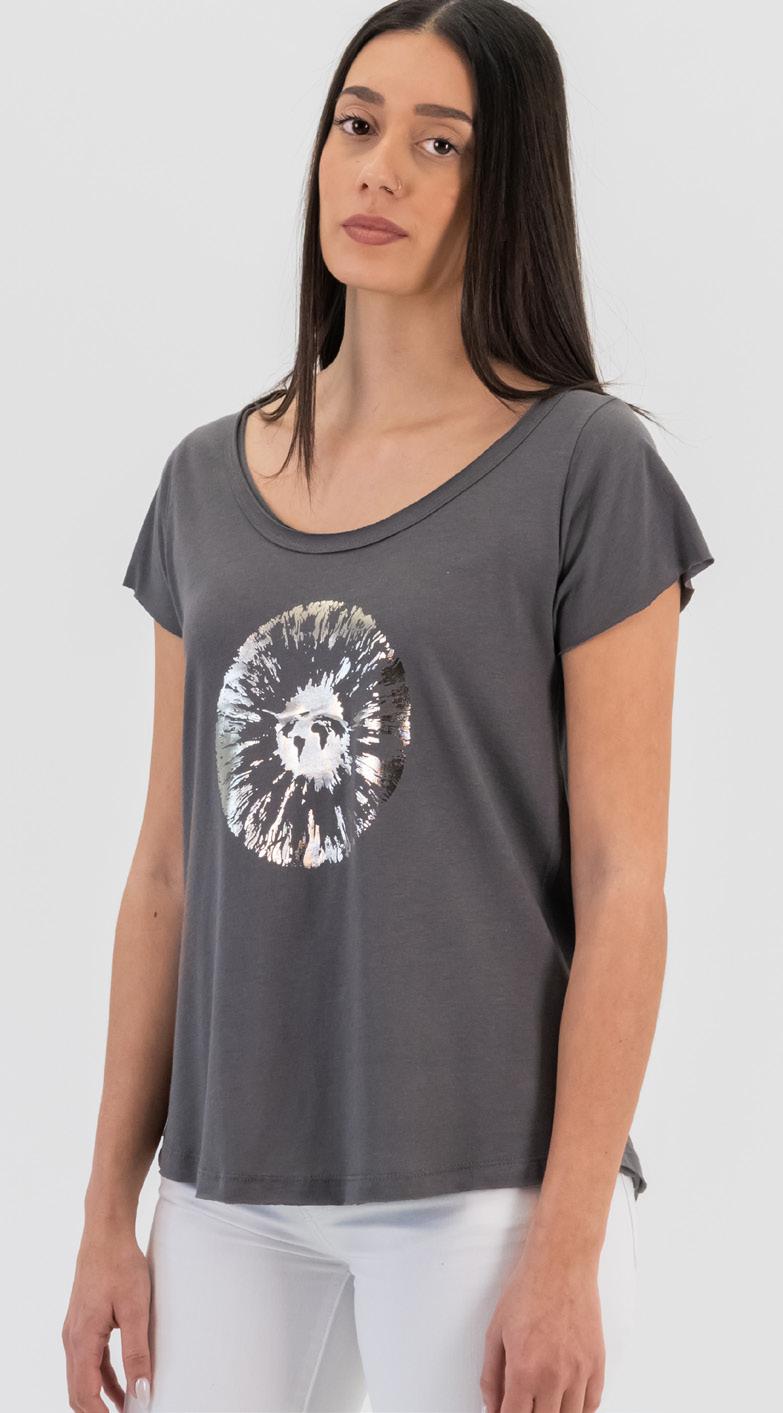



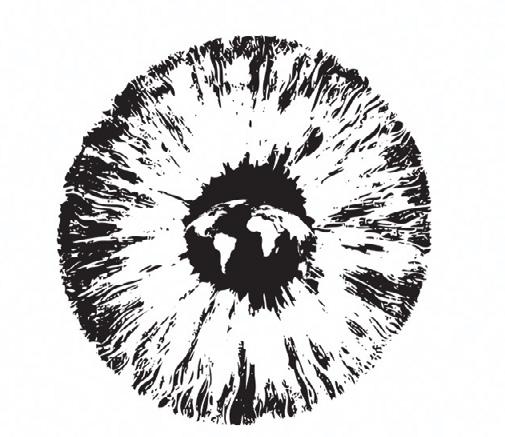
“Imagine there’s no countries, it isn’t hard to do, nothing to kill or die for, and no religion too.”
John Lennon Musician and Songwriter 1940-1980







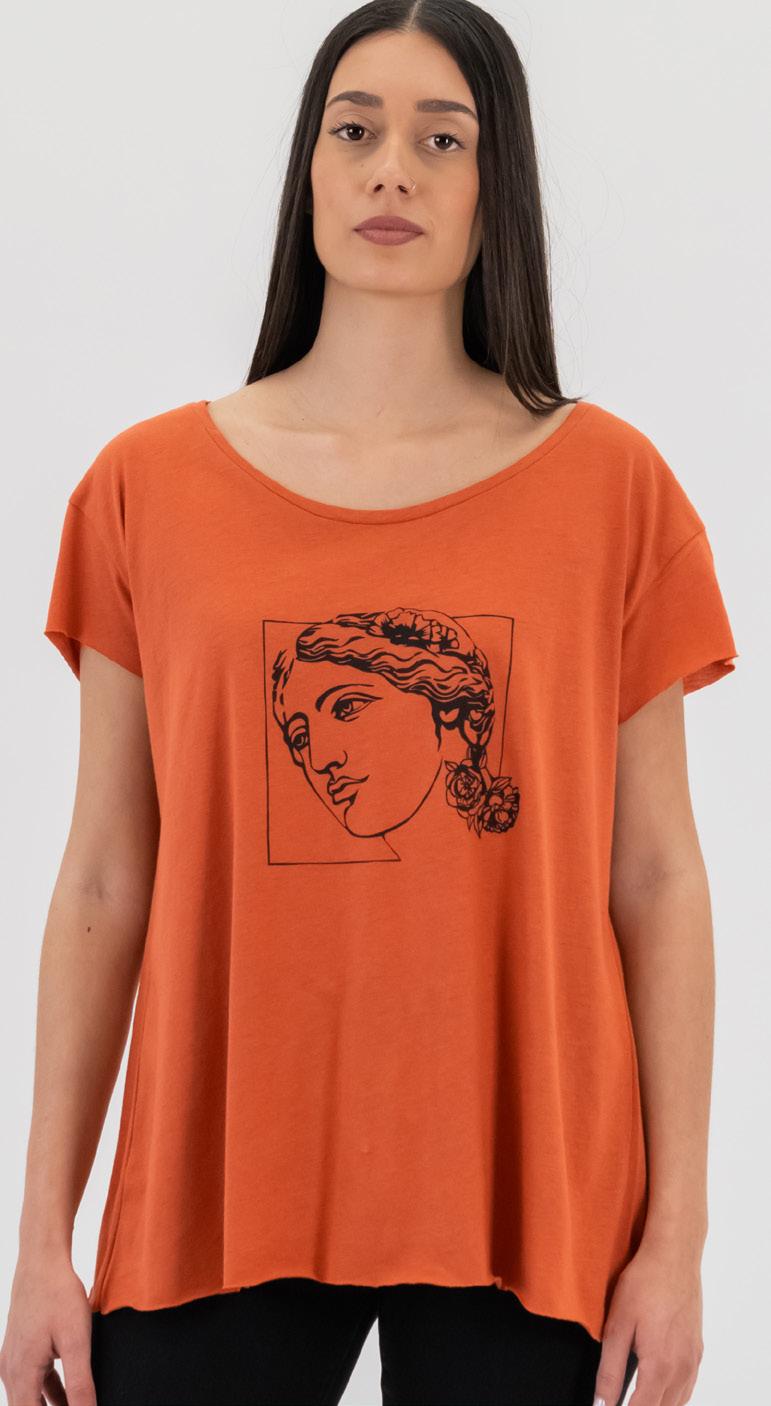
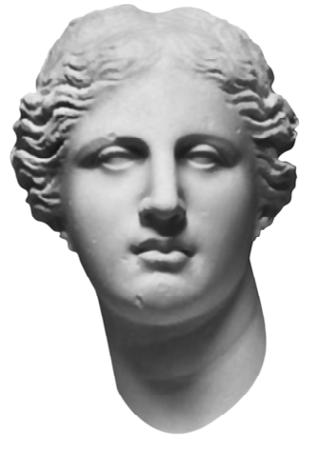
Aphrodite or Venus is the Greek goddess of love, beauty, and desire. According to the myth, roses were created from her tears and the blood of her lover, Adonis, emphasizing their connection to love’s intense power.
A pattern inspired by the respective statue created on Milos, c.100 BCE. Louvre, Paris.
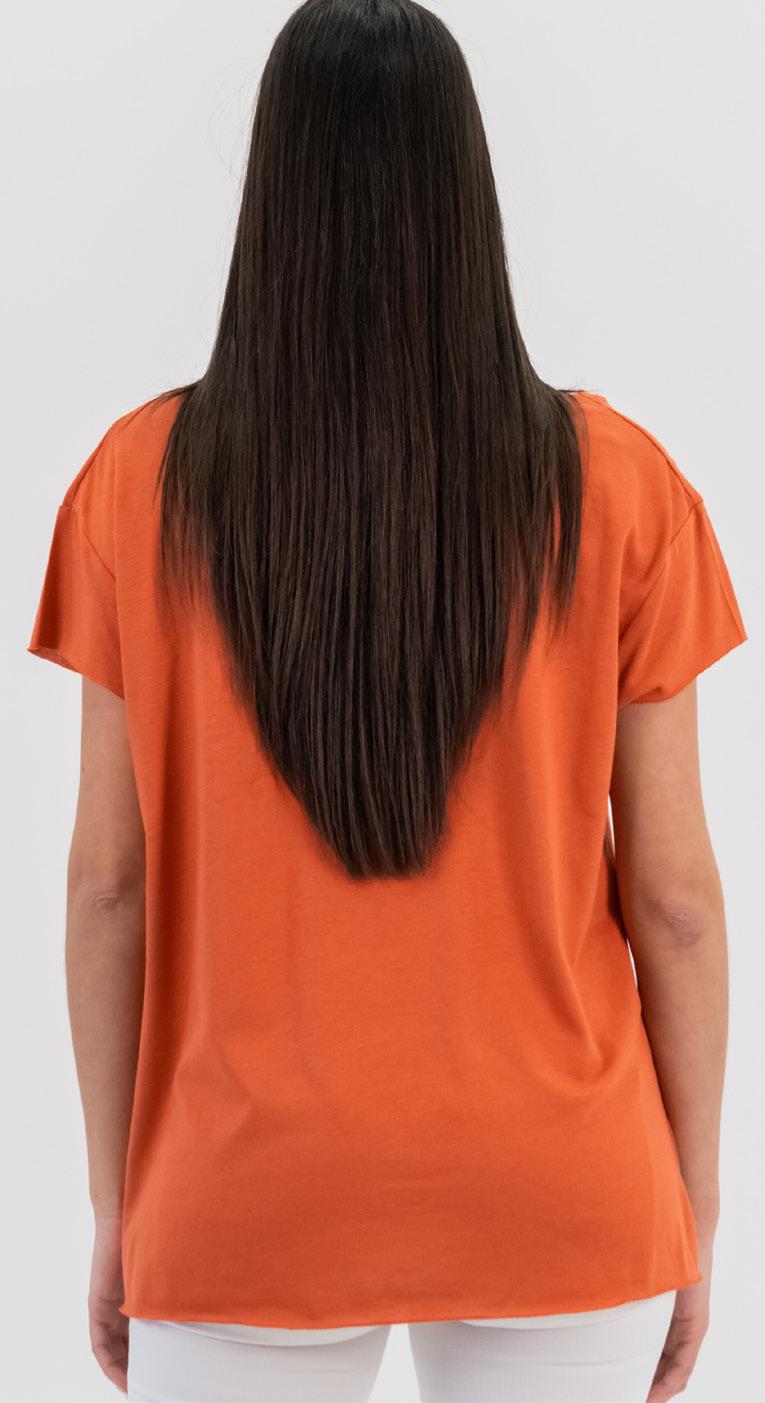
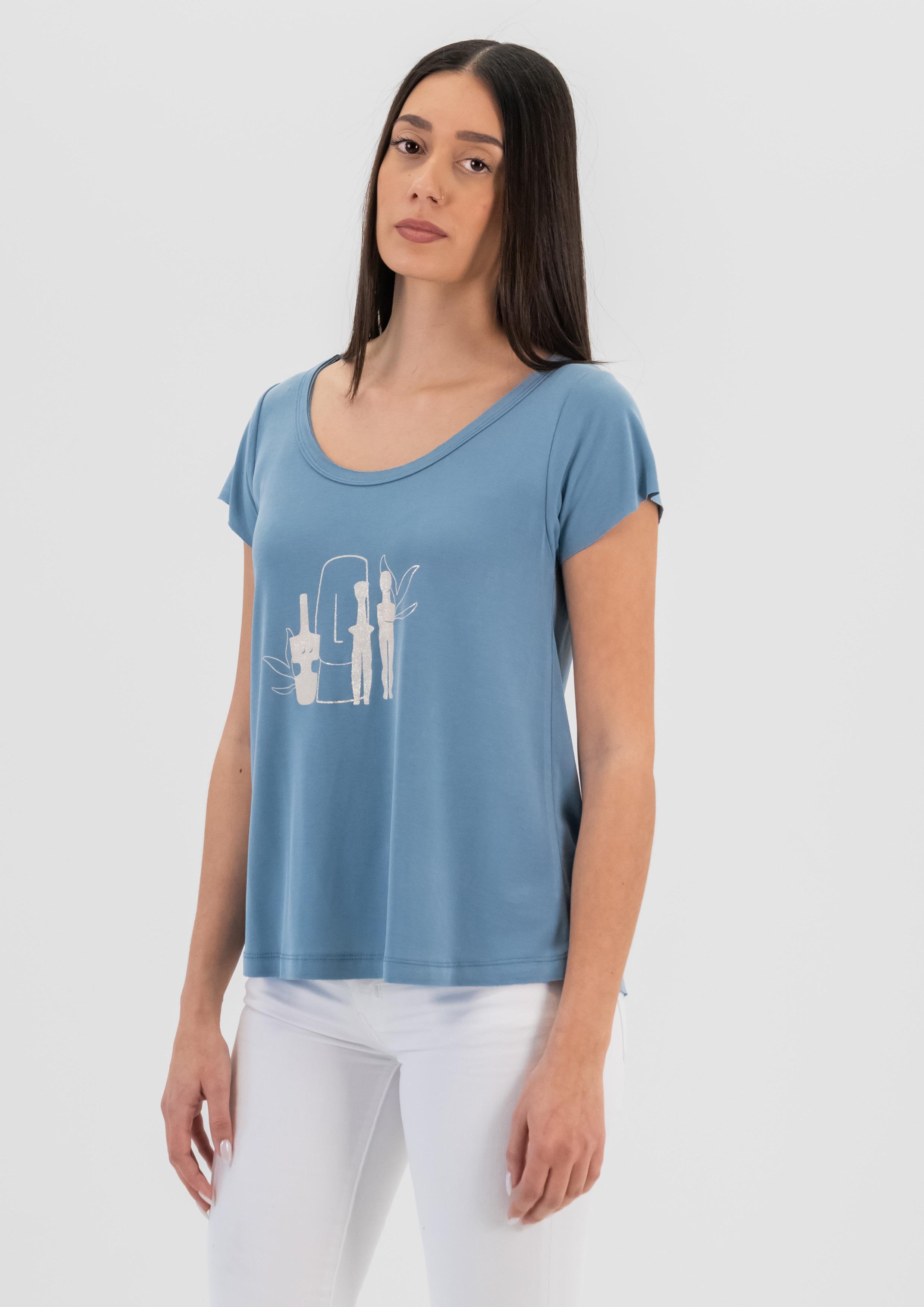


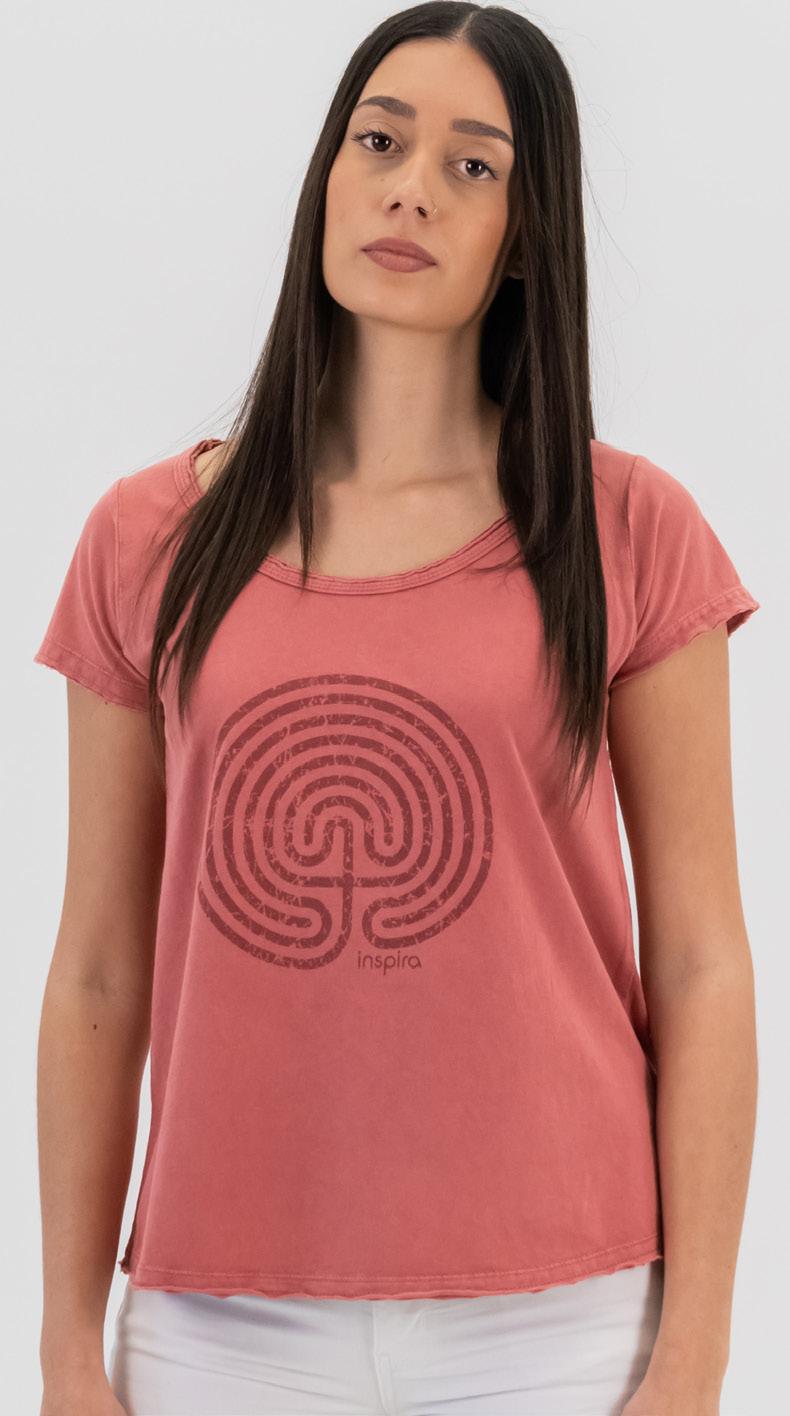

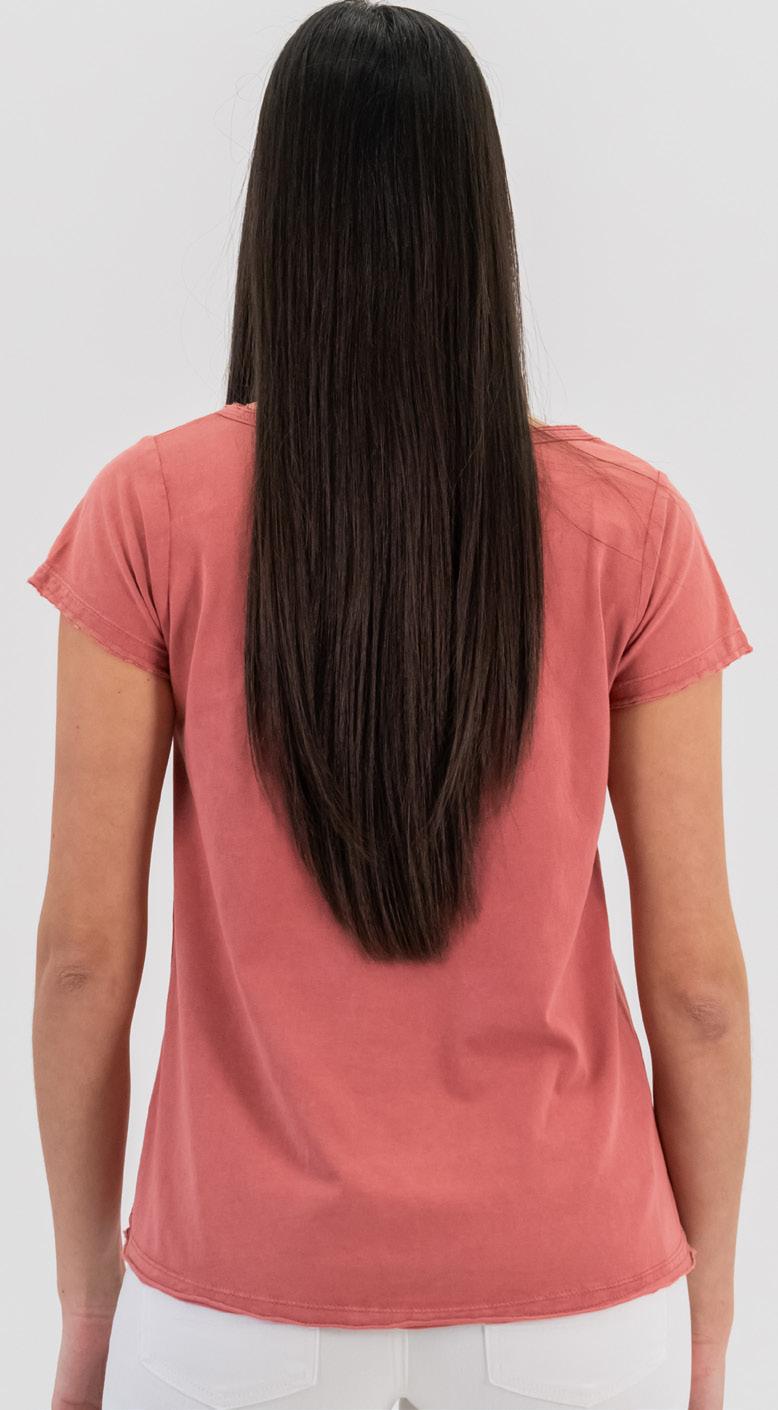

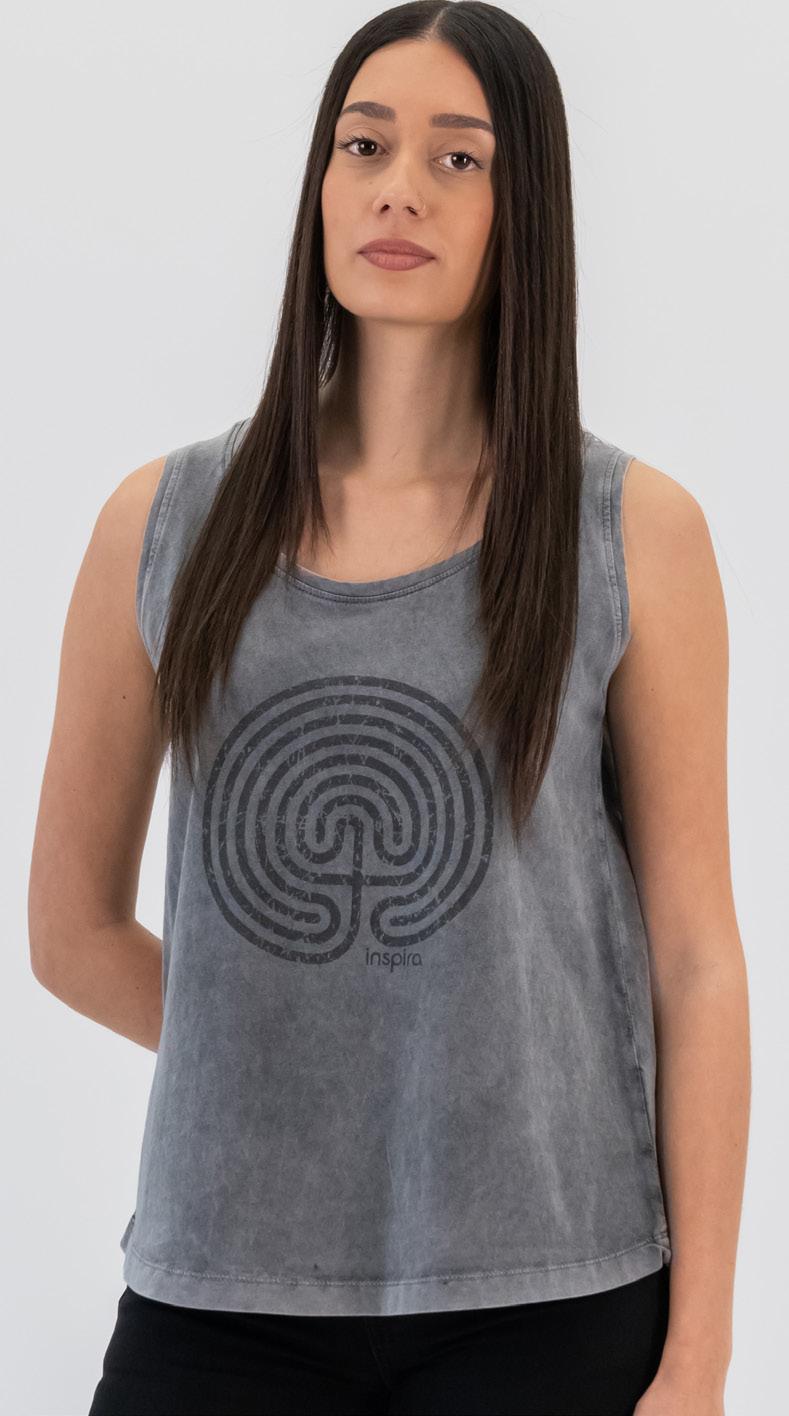




The only true journey is the journey inside. Pattern inspired by ancient tetradrachm coin depicting the Minoan Labyrinth. Knossos, 300 BC.





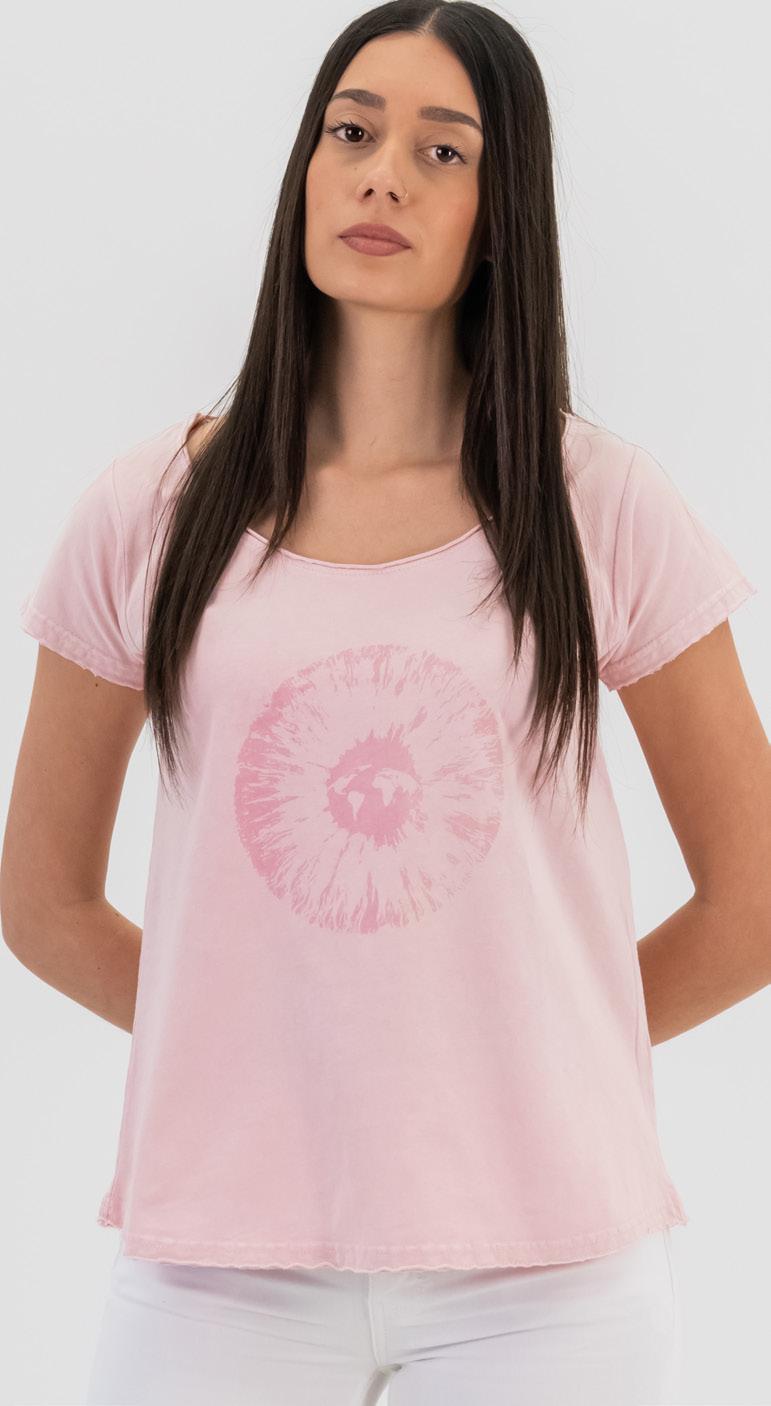
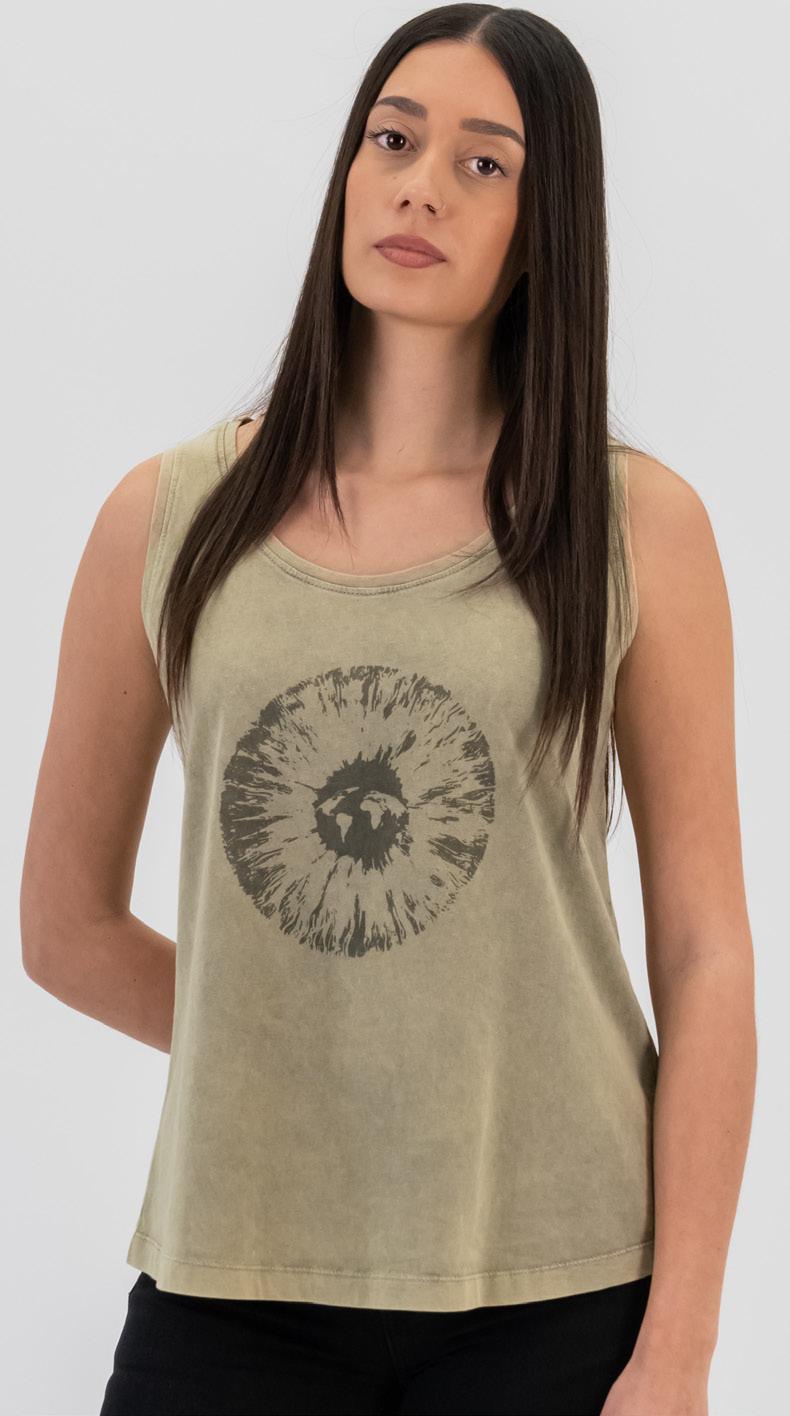

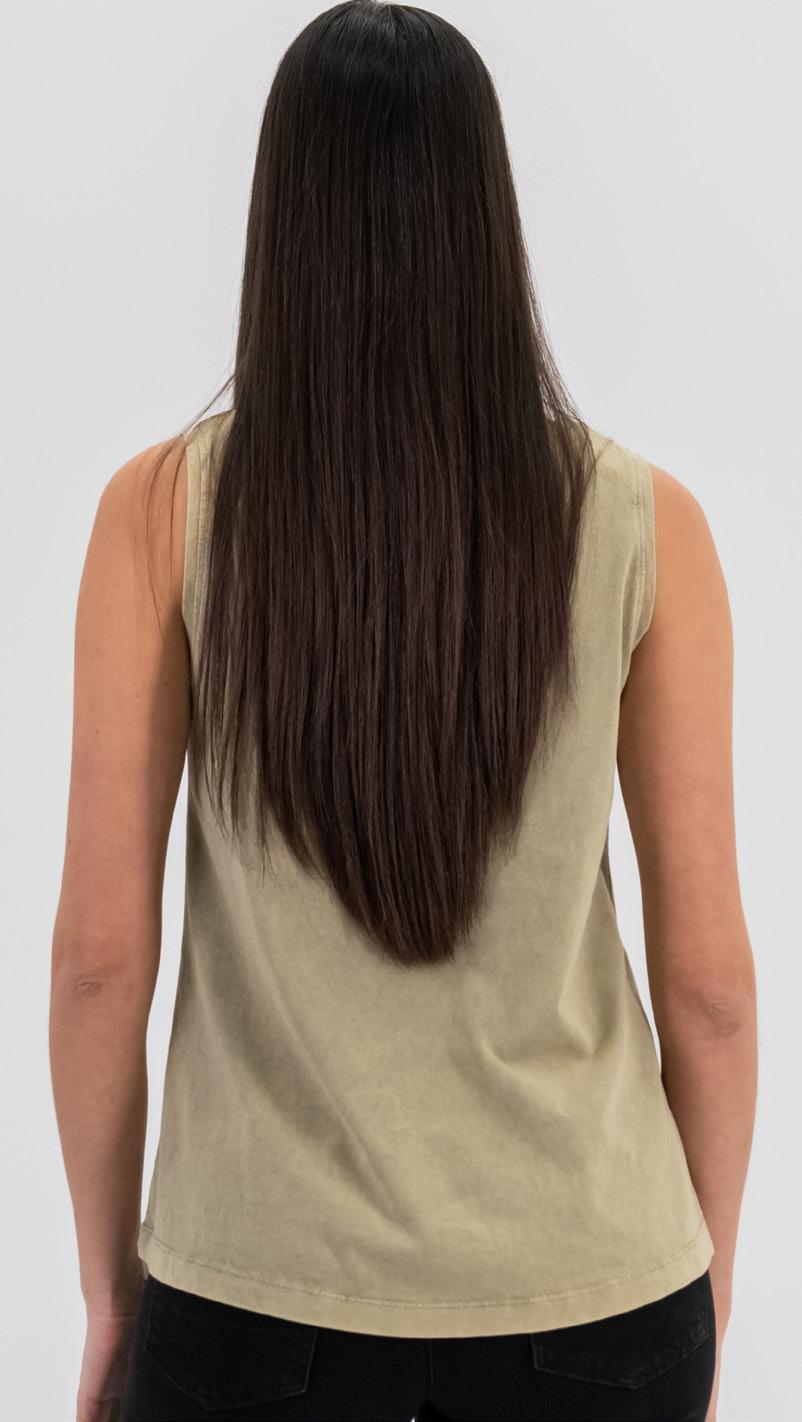

“Imagine there’s no countries, it isn’t hard to do, nothing to kill or die for, and no religion too.”
John Lennon Musician and Songwriter 1940-1980
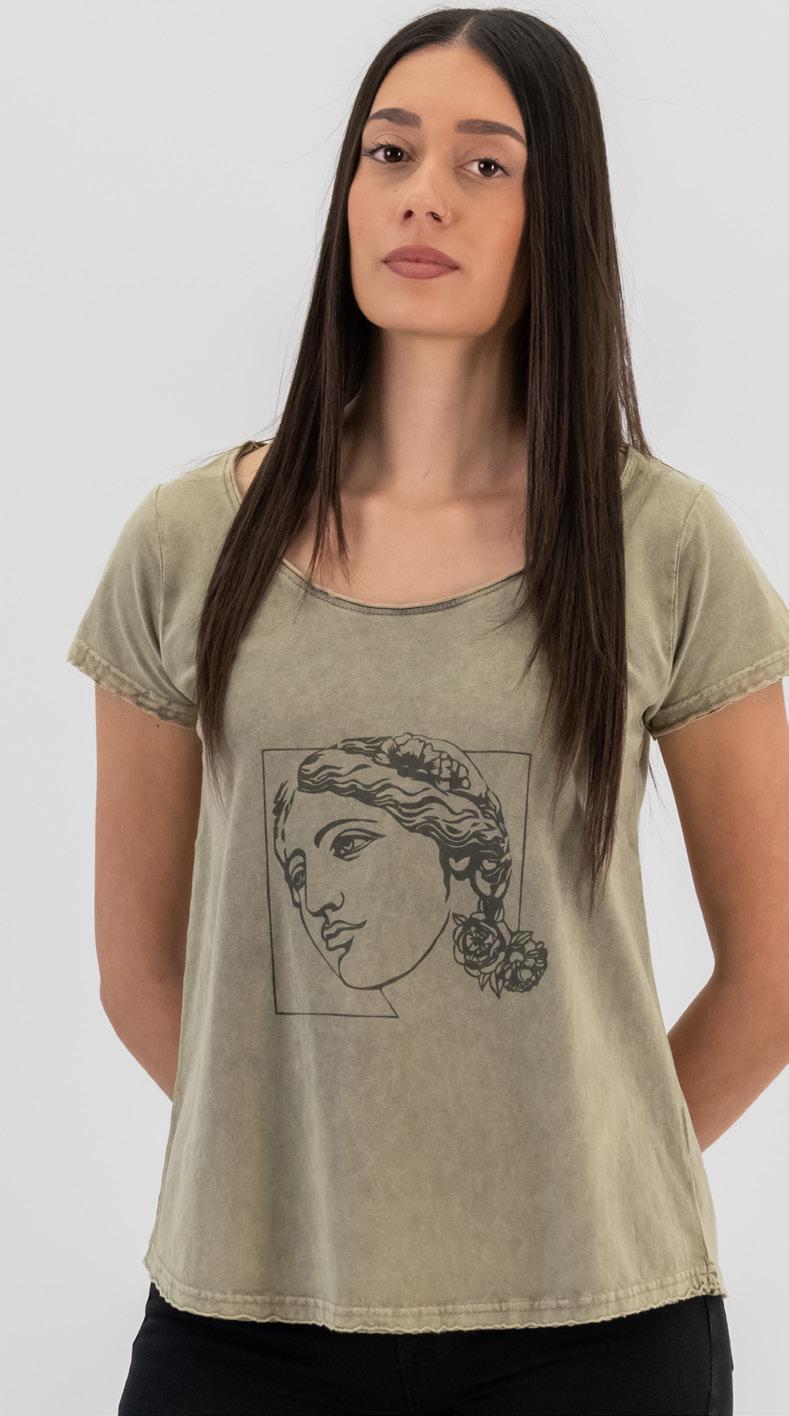



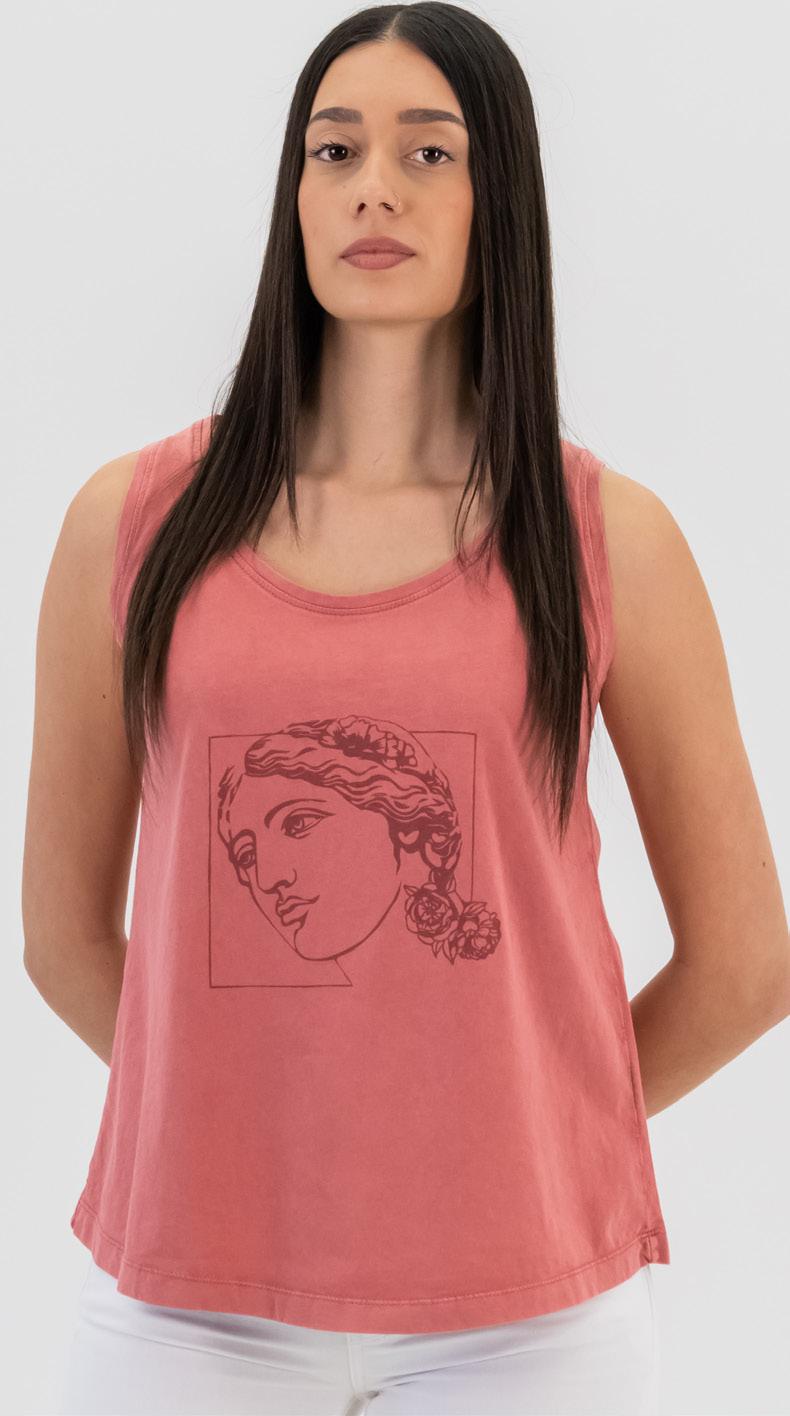


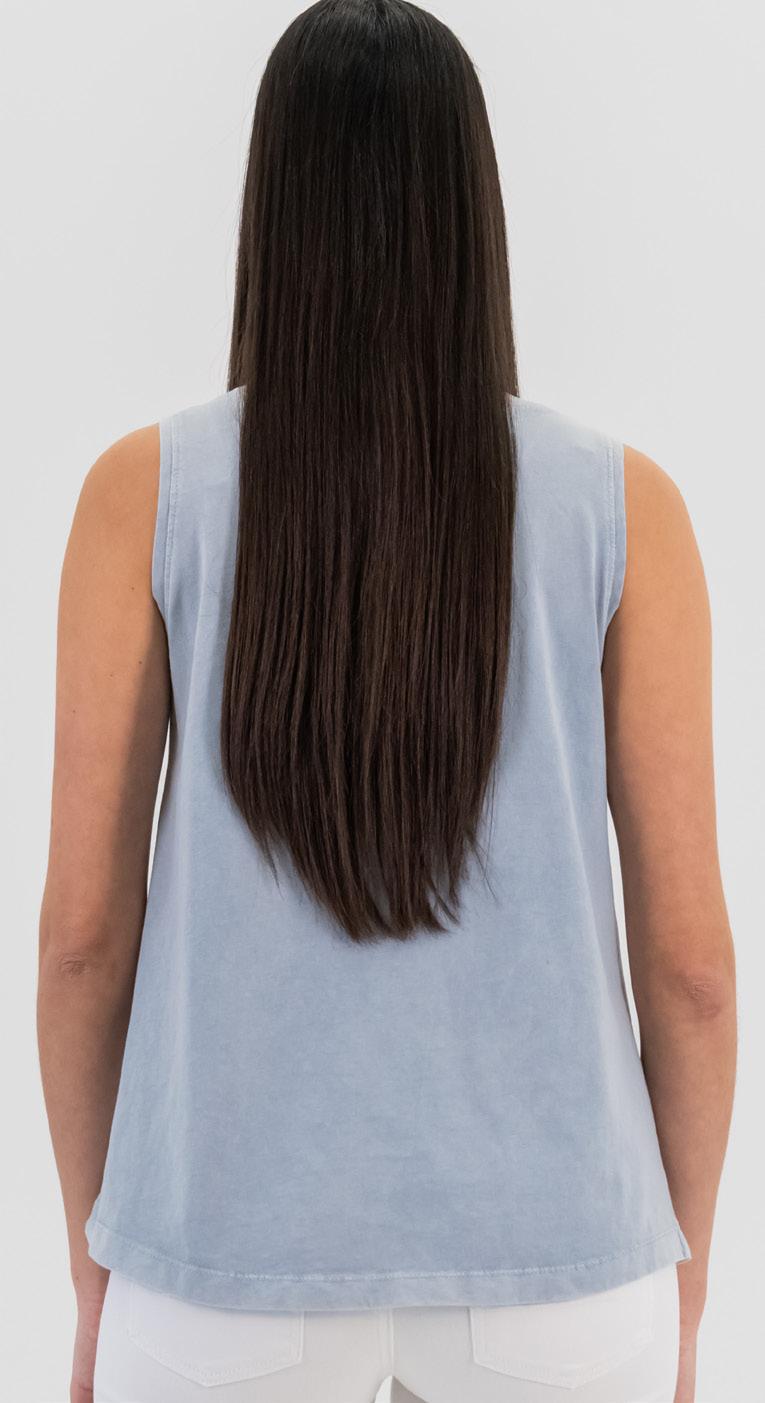

Aphrodite or Venus is the Greek goddess of love, beauty, and desire. According to the myth, roses were created from her tears and the blood of her lover, Adonis, emphasizing their connection to love’s intense power.
A pattern inspired by the respective statue created on Milos, c.100 BCE. Louvre, Paris.
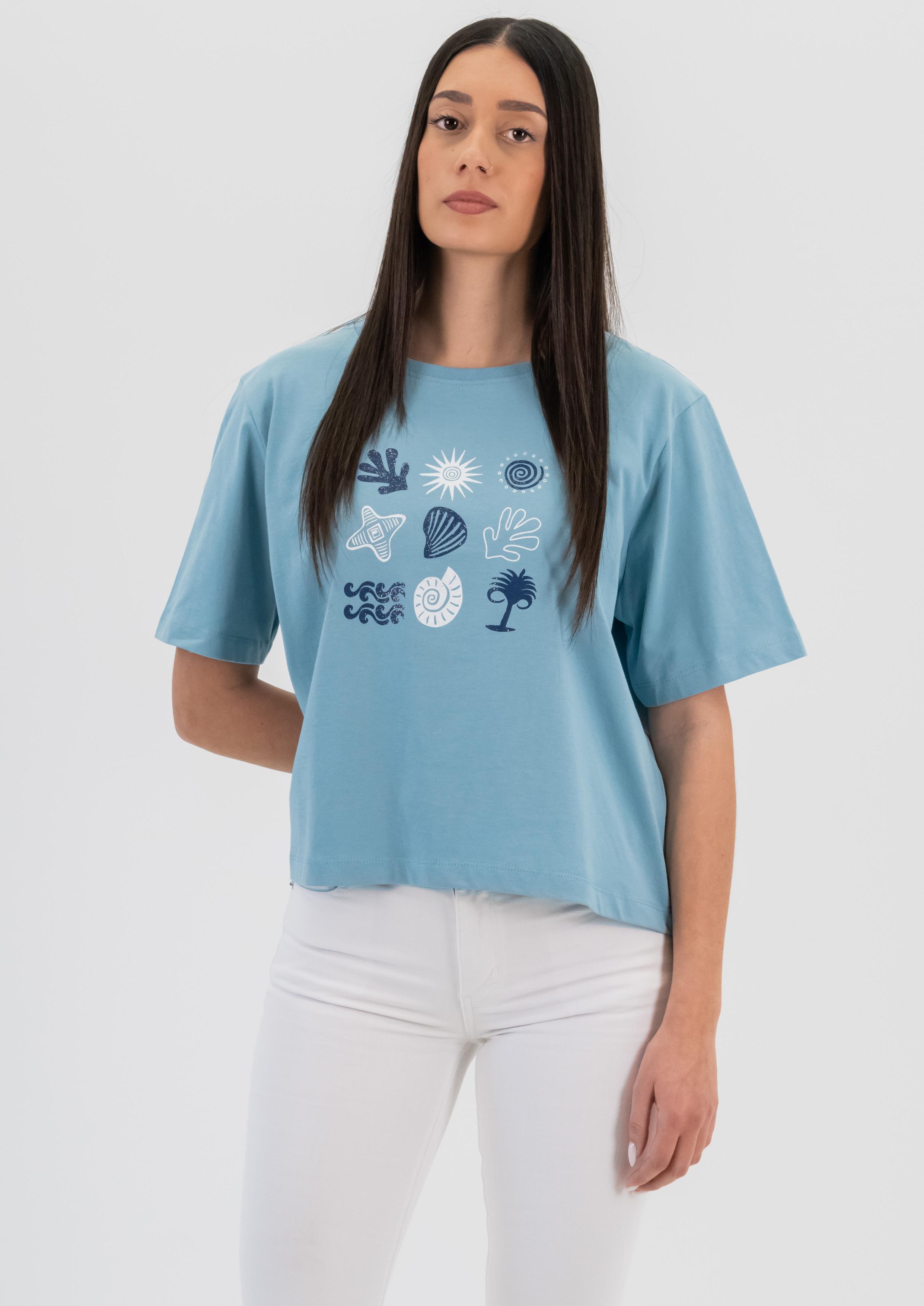

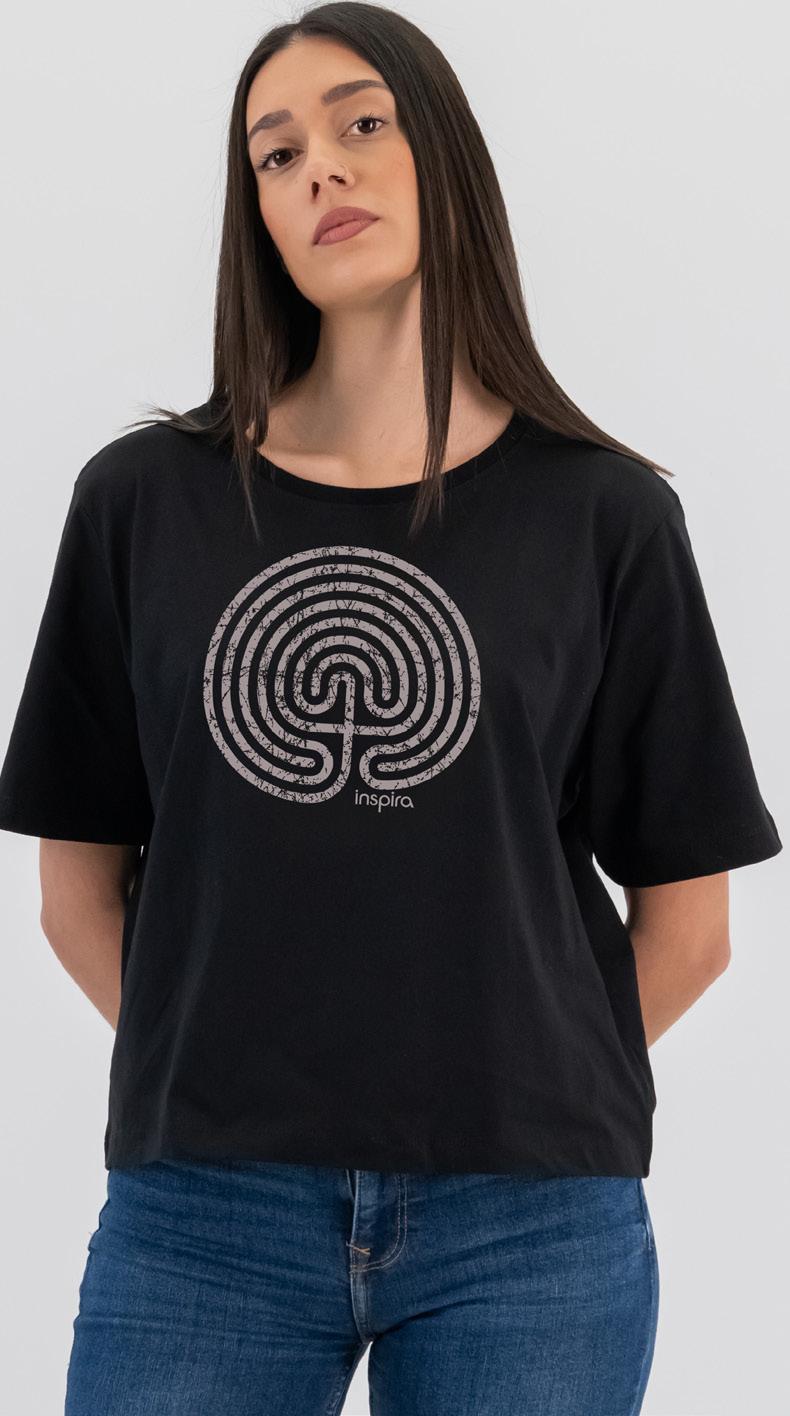



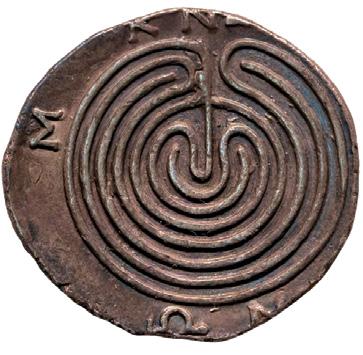
The only true journey is the journey inside. Pattern inspired by ancient tetradrachm coin depicting the Minoan Labyrinth. Knossos, 300 BC.






Intertwined spirals under the burning sun symbolize the evolving journey of life. Pattern inspired by frying pan, Early Cycladic, 2700 BC.


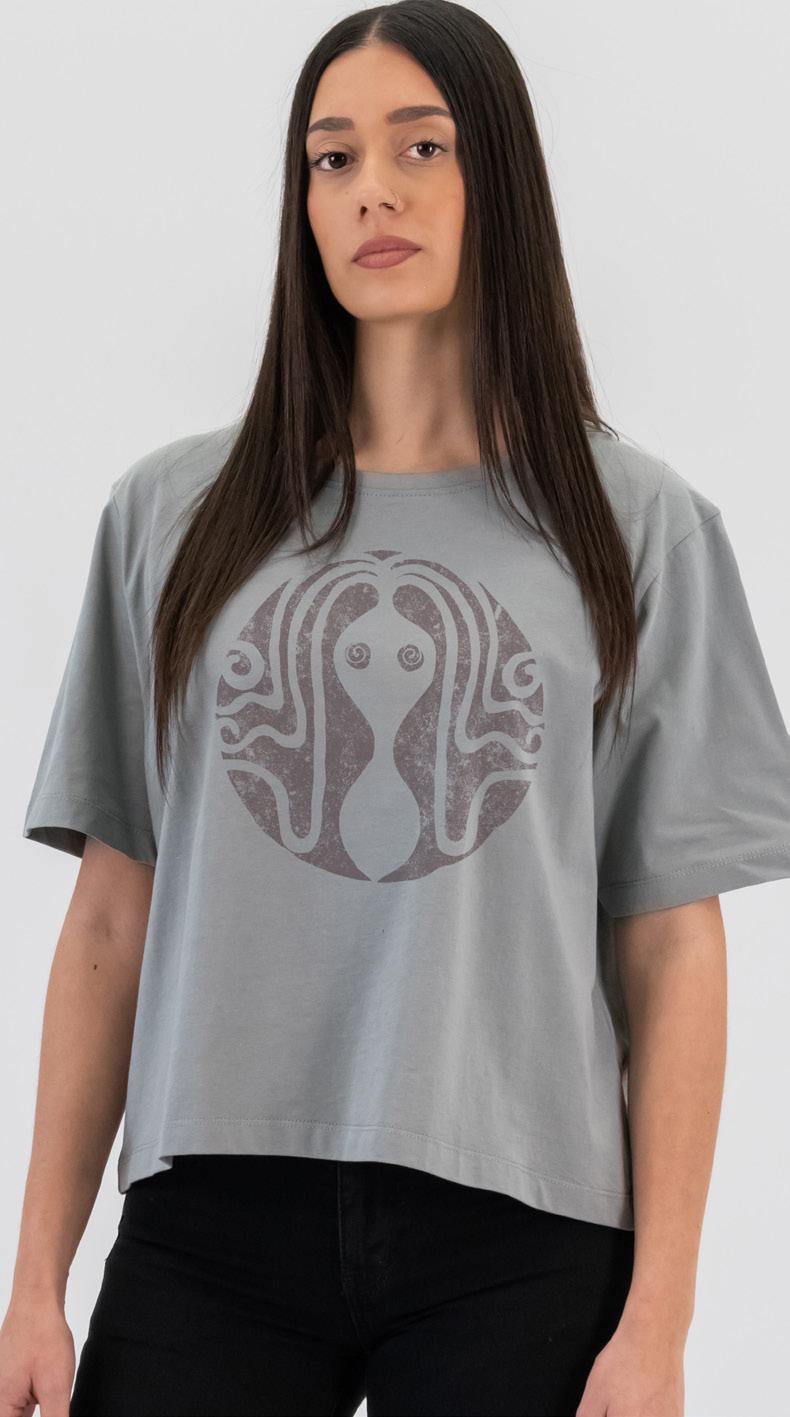



The Supreme Intelligence of Nature in every living being. Pattern inspired by amphora. Crete, 1500 BC.





The simple and pure lines of the Cycladic figurines, evoke a sense of timeless beauty and an almost mystical connection to the Aegean’s ethereal light. The patterns come from statuettes created on various Aegean islands between 3200 and 2000 BC.

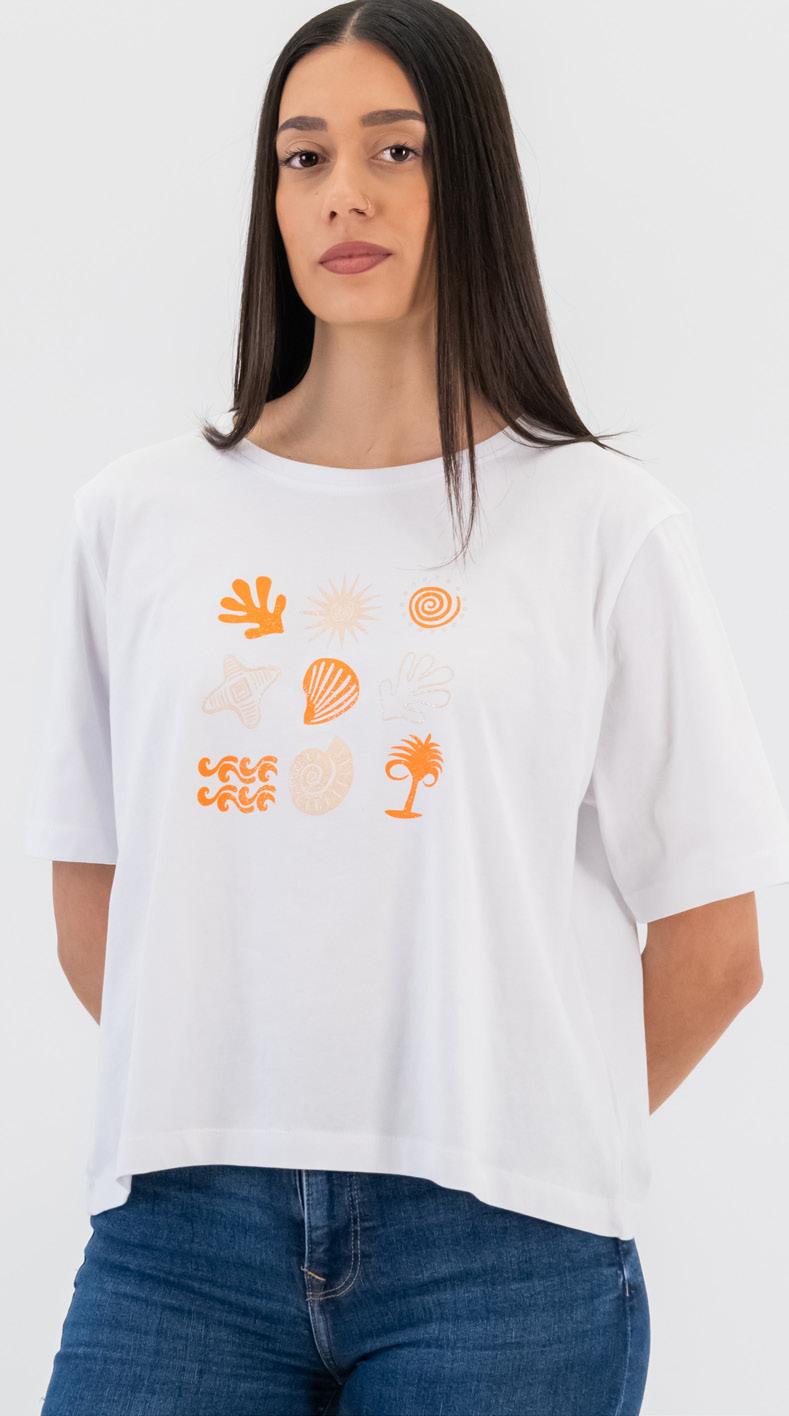

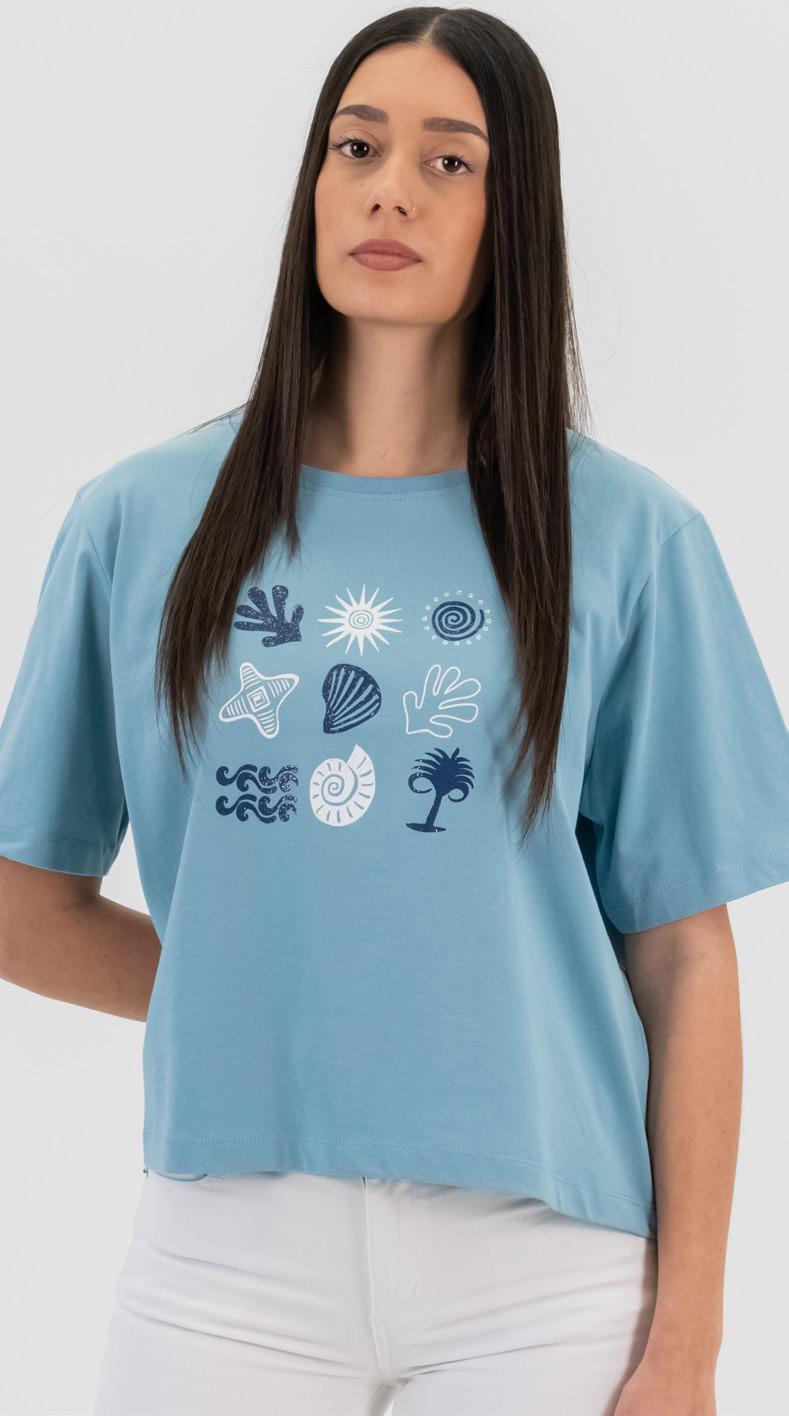

Nine beautiful patterns from Minoan pottery converge, highlighting the connection with nature that is essential to the Minoan world. The patterns come from three vessels that originate from three successive periods of Minoan history, ranging from 2000 to 1450 BC.






“Imagine there’s no countries, it isn’t hard to do, nothing to kill or die for, and no religion too.”
John Lennon Musician and Songwriter 1940-1980






Aphrodite or Venus is the Greek goddess of love, beauty, and desire. According to the myth, roses were created from her tears and the blood of her lover, Adonis, emphasizing their connection to love’s intense power.
A pattern inspired by the respective statue created on Milos, c.100 BCE. Louvre, Paris.
